
This obituary profiles one of the more unusual characters to ever make it into the House of Commons. Shapurji Saklatvala is generally regarded as the third Indian to be elected from a British constituency. Not coincidentally, all three were Parsis. (NB: As Vivek Menezes pointed out, Sir Ernest Joseph Soares could, at a stretch, be included in the ranks of Indian-British MPs. Soares was born and bred in Britain and his father, Jose Luis Xavier Soares hailed from the Portuguese colony of Goa. There is also David Ochterlony Dyce Sombre, an Anglo-Indian who was elected to the British parliament, then disenfranchised in less than a year for reasons of employing bribery in the elections, and not considered for this reason.)
Shapurji’s father was one of that large band of Parsi businessmen, who profitably piggybacked the Empire’s trade network. Saklatvala senior set up a business in Manchester late in the 19th century. Shapurji was also related to the Tatas through his mother, who was Jamsetji’s sister. For many years, Shapurji worked for the Tatas, sharing an office in Capel House (the Tata’s London HQ) with Pherozeshah Mehta’s son.
Given his background, it is not surprising Shapurji was a nationalist. Parsi businessmen and professionals of that era managed the paradoxical feat of being ardent Anglophiles with deep business connections to the Empire, alongside being fiercely nationalist and early advocates of freedom and self-determination for India.
However, despite a background steeped in “dhandho”, Saklatvala was an iconoclast with extreme left views and he made unusual life choices. He married out of community for instance, after falling in love with an Englishwoman.
As an activist of the British Labour Party, he toured Britain, making speeches, and lobbying for trade union rights, minimum wages, health benefits, etc., for workers. His views on capitalism were a long way to the left of mainstream British Labour. He was also a Utopian who wanted the same conditions for British and Indian labour. This may have actually helped him win conservative support in Britain (which he didn’t want anyway!) because British industry saw this as a good route to making Indian industry uncompetitive.
For many years, he reconciled the practical necessity of earning a living by working for a multi-national bastion of capitalism, with his personal Marxist inclinations. Eventually he cut ties with the Tatas and went full-tilt into a political career. After the Russian Revolution, he joined the Communist Party of Great Britain.
He was elected twice in the 1920s to the House of Commons from Battersea North constituency, London, as a Communist MP. He was supported on the ground in his campaigns by old friends in the Labour Party. He was also arrested and spent several months in a British jail during the great General Strike of 1926 (when he was a serving MP).
The writer had a long and close acquaintance with Shapurji. This is a portrait of a charming, cultured man, with muddled politics and his heart in the right place. Pioneering journalist Sant Nihal Singh (or “Saint Nihal Singh” as he was often called) also makes some cogent observations about racist resistance to Indian settlers in Canada and other Dominions of the Empire.
—Devangshu Datta
A tap at my study door. By its timidity I recognized the person who had made it. It was the “slavey” employed by the landlady from whom my wife and I rented the apartment in the heart of London and who cooked the victuals we bought and served them. The girl who was thus designated in democratic England even then – January 1910 – was perhaps fourteen or fifteen years of age. She had a thin, stunted figure, pale cheeks and eyes that often looked red, through weeping, we surmised.
“Come in,” I called out.
As she opened the door with a hesitant hand and came up to the chair where I was sitting near the fire blazing cheerily in the gate that she kept neatly black-leaded, I wondered at the cause of that disturbance. She had been in only a few moments before to draw the curtains, light the gas and put coal on the fire. A murky cloud had prematurely blotted out light and, a little late, it had begun to drizzle, making the evening damp and dismal.
“Two gentlemen to see you sir,” she said, in her whisper of a voice, from the other side of the small table upon which I was writing, fear, no doubt, gripping her heart that I would take it out of her for that interruption to my work.
No cards had been sent up – no names given. I, therefore, concluded that they must be Indians and asked the little maid to bring them up to our sitting room.
Only one of the callers – Mr. Bepin Chandra Pal – was known to me and I had met him but a few days before. He forthwith introduced his companion as Mr. Shapurji Saklatvala, who, I was told, had been eager to meet me.
I thanked the gentleman for his wish, helped him and Mr. Pal to divest themselves of their damp outer garments, drew easy chairs for them near the fire and put aside my writing, not without an inward sigh, for the work interested me and was of topical importance, so that I would have to resume it after they have left and would no doubt be kept up half the night in consequence.
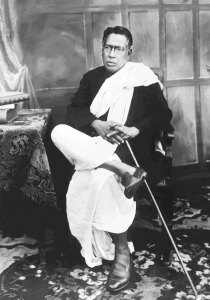
Bipin Chandra Pal
Who could the stranger be? What did he do? Why did not Mr. Pal say anything about him that would give me a hint to his calling and his interests? Was there anything to say? Did silence mean that the Bengali leader had wished to have company on the way from his flat in Kensington, miles away from my apartment, and had brought one of his admirers along?
Questions of that kind ran through my mind.
Not for long, however. Polite nothings did not interest Saklatvala. After a little more time he tired of playing second-fiddle to Mr. Pal, whose personality and eloquence he greatly admired, as he, at the very outset of the conversation, had taken care to inform me. Within a few minutes the conviction was forced upon my mind that he was an ambitious man, determined to make his mark in life.
He was, I judged, in the middle thirties. He had a trick of running his fingers through his black hair, rumpling it. The way it was brushed back gave him an immense forehead, which, in any case, would have been broad and high. Under the black, arched brows, his eyes were alive – afire – ever astir. The cheek bones stood out prominently. Between them was a long, firm nose. The way he screwed up his mouth reinforced the impression that his features in general conveyed of strength of character and fixity of intention.
In time I discovered that Saklatvala’s ambition and avocation were not as mine, luckily, were. He was in business and wished to be in Parliament.
An accident had placed him in the City – a term that Britons use to indicate the square mile or so of London where the Bank of England, the head offices of other banking institutions and insurance companies, the Stock Exchange and financial organs of various descriptions are huddled together. Consanguinity had caused that accident.
His father, who had built up an important business in Manchester, where Shapurji spent some of his early years, had a sister. This aunt was married to Jamshedji Nusserwanji Tata, who, by innate genius and personal exertion, had acquired considerable wealth and established mercantile houses in many places which he bequeathed to his sons Dorab and Ratan. Shapurji was sucked into this organization like a piece of paper in an eddy and might easily have been carried to the summit of financial success had his own weight (some persons would call it his perversity) not pulled him down.
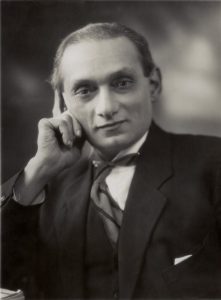
Shapurji Saklatvala
As we talked I was impressed with my Parsi caller’s political ambition. His thoughts revolved round it. It was a wonder to me that it did not set his body on fire – consume it to ashes.
I welcomed his longing to get into Parliament. I felt that through carefully framed questions put to the Secretary of State for India and statements made in the course of Indian debates, an Indian in the Commons would be able to draw attention to matters connected with the administration. As matters were, it was necessary to seek the good offices of some sympathetic British M.P. whenever an Indian difficulty or grievance had to be aired in Parliament.
How was Saklatvala to project himself into the House of Commons? Had he the means and the influence?
Mr. Dadabhai Naoroji, the first Indian to get into that chamber, had an easy mind in respect of finance. So, at least, I understood. During the many decades he was in England he had assiduously courted the Liberal Party; but the British constituency he sought to woo gave him the cold shoulder and he was never able to enter the Commons a second time.
Sir Mancherjee M. Bhownaggree, who, for several years, sat on the Conservative benches in that House, was, if anything, wealthier and certainly no less shrewd than Dadabhai Naoroji. He was believed to be in intimate touch with the men who dominated the Tory Party: but it was obvious that they had not exerted themselves, otherwise he, too, would not have been out of Parliament at that time.
I reminded Saklatvala that he himself had given me to understand that he was not cumbered with a superfluity of this world’s goods. I feared, in fact, from what he said, that his means were narrow and he had a growing family.
But the situation did not perplex him at all. He had discovered a ladder by which he could climb into Parliament. Keir Hardie and Ramsay MacDonald had gone up it into the Commons. Why not he?
I had my doubts about British Labour permitting an Indian to climb into Parliament over its shoulders. Not so very long before I had come up against the Trades Unions in Canada and found them far from friendly towards our people, whose interests I had been trying to protect.
The trouble our immigrants were having in the Dominion, as also south of the border in the United States of America, had, in fact, been engineered by organized labour in those countries. White workmen looked upon our fellows as intruders.
Our immigrants might have won their title to pin service-medals against their breasts by valour on the battlefields across the Frontier and even beyond the seas. But that title was not recognized when it came to settling in an integral part of the British Empire and obtaining work on the railways or in the timber-yards. It certainly could not secure them free homesteads in the manless wilderness that stretched from almost the margin of the Pacific Ocean to the Great Lakes. Working men of European descent regarded them with hostility and, being closely united, had been able to move the administration to exclude our people all but in name.
Saklatvala was sorry to hear my plaint. He launched into a tirade against the capitalistic system. In the last analysis, he said, that system was responsible for setting one labourer against another. Workers were exploited everywhere – a little more in one country, a little less in another – but exploited everywhere – “even here in England.” Their interests were, therefore, the same everywhere. Their objective should be the same. But for the capitalistic machinations, the wage-earners would fraternize, despite differences of race, colour and creed.
These assertions were made with a vehemence that sprang from inner conviction. It displayed to me something of the quality that would endear him to Socialists.
I might, of course, have said that some day the workers in Canada may realize that Indian labourers were in the same boat as themselves and fraternize with them: but, unless I was mistaken, that day was distant. Such a remark would not, however, have carried us any farther. So I contented myself with asking him how matters stood in England, which I was then visiting for the first time.
His experience, he assured me, had been of the pleasantest. He had, for years, been a member of the Independent Labour Party and had come in intimate contact with the leaders of that movement, whom he had found most sympathetic and helpful. He had met the workers and Trades-Union officials in various parts of Britain. They did not know very much about the Indian situation: but he had no doubt that, in their hearts, they were with the common people in India and not with those who lorded over them. Of that he was certain. I could test the accuracy of his statement any day I liked.
Before Saklatvala departed that evening, I gleaned from his talk that he had taken great pains to cultivate the British Labourites. He was, in fact, devoting practically all his leisure – most of the evenings and week-ends – to that purpose. He would travel great distances and, if I remember aright, pay his own expenses, to address Labour audiences.
It was evident from his manner of speech that these peregrinations had done him much good. They had given him confidence in himself and a remarkable ability to marshal facts in a way that, I judged, must have made an irresistible appeal to Britons of the working classes.
Even in my study, he showed an inclination to indulge in monologues. The words poured out of his mouth with the rapidity of shot from a quick-firing Maxim gun. They seemed, moreover, to be charged with fire. They must have scorched any one against whom they were directed.
His propensity for prolixity and “tub-thumping” amused me. So did his inclination to repeat the Socialist catch phrases. I was, however, struck with his earnestness and fixity of purpose. He had an objective to strive for and plenty of grit and industry to enable him to reach it.
For all his international outlook, he was at heart an Indian patriot. That fact was plain to me long before Mr. Pal and he bade me goodbye and departed for their respective homes. I hoped that he would soon obtain his heart’s desire and, from his seat in the House of Commons, trounce wrong-doers in India and secure redress for their victims.
In later years, as I got to know Saklatvala better and came in contact with some of the members of his immediate circle, I realized that he was paying a heavy price for his ambition. By concentrating his thoughts upon politics and doing more or less mechanically the work that gave him his living, he was not only sacrificing his future in the City but also was getting into the bad books of his wealthy kinsmen in India and the men whom they had placed in positions of responsibility at Capel House, Old Broad Street – the London headquarters of Messrs. Tata, Limited.
A worldly-wise person would, on the contrary, have considered himself fortunate in having any kind of footing in a powerful commercial concern with connections spread over three continents. By putting his back as well as his brain into the work allotted to him and winning the approbation of the “higher-ups” he would have pushed his way towards – if not to – the top.
I have known persons with no acuter brain and no greater capacity for application than Shapurji Saklatvala possessed to make great commercial careers for themselves and to acquire considerable wealth and even titles of nobility. Few of them had, in fact, been born and brought up in an atmosphere charged with business as he was, or had quite so good a start as he did.
His inclination, however, lay, at least at that time, in a wholly different direction. So much so, indeed, that business actually bored him. But for undeniable necessity he would have gone away from the City and devoted all his time and talents to politics, which engrossed his mind.
I recall a conversation in this connection that we had when, yielding to pressure, I dropped in upon him in his office in Capel House soon after I settled down in London in the summer of 1911, after an eleven months’ tour of India. He looked the picture of misery as he sat at his desk in a small room that, if my memory has not played me false, he shared with Mr. Kaiko Mehta, Sir Pherozshah Mehta’s son; or possibly the latter may have just happened to be there at the time of my visit.
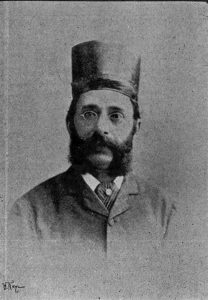
Sir Pherozeshah Mehta
I remember, in any case, making Mr. Mehta’s acquaintance. He seemed to be the antithesis of Saklatvala – quiet and unobtrusive – not interested in politics, for which his father possessed a genius that elevated him to a dizzy height. There nevertheless seemed to be a perfect understanding between Shapurji and Kaiko and no small degree of affection.
The more I discussed matters with Saklatvala in that office, the more I was convinced that his heart was not in his work there. Instead of dealing with dry-as-dust affairs in that bee-hive of commerce, he would have liked to be out in the open air, addressing workers whom he understood and who understood him.
It appeared to me that he was not doing justice either to the firm that held him in fee or to himself. He was not unlike a man who was hacking away with a sharp axe at the very limb upon which he was seated. The only difference was that Saklatvala, in his spare moments, was attacking the capitalistic system which gave him and his family bread and butter, and not any particular unit of that system, much less Messrs. Tata, Limited.
He took my chaffing – or was it chiding? – quite coolly. Nearly everyone in the Socialist movement, he declared, suffered from a similar disability. He had to live, like everyone else. So long as society rested upon a capitalistic basis, he must inevitably draw his – and his family’s – support from capitalism. There was no help for it. I liked Saklatvala’s candidness.
The hard-headed men who conducted, from Capel House, business operations upon a scale regarded as respectable even in the City of London, must have looked upon Saklatvala as queer. Except on some occasion when, owing to his thoughts being occupied with socialist propaganda instead of with his work, there was a lapse that got him into trouble, as I have reason to believe sometimes happened, they tolerated him, more for his family’s than for his own sake.
I must hasten to add that if, in the eyes of practical men of the world, Saklatvala, in those days, was a species of lunatic, he was, to say the least, a mild one. They thought that the maggot of socialism had burrowed into his head and honey-combed the grey matter in his brain so that it could not function normally.
But they knew that he harmed no one except himself and his dependents by making it impossible for him to get on in the only way that the work-a-day world appreciates.
Even persons who were not in sympathy with Saklatvala found him likable. When his jaw was not set like a trap and he was not chewing red hot steel in smiles. Possessed of a keen sense of humour, his eyes would beam with delight whenever something tickled his fancy. He had a great capacity for laughter and his laughter set others to laughing.
He was fond of visiting his acquaintances and friends, sometimes to the point of making a nuisance of himself. He was generally “packing” one or another of his children along with him.
I recall my wife remonstrating with him on one occasion. The boy he had brought to our house late in the evening was quite small and fractious with sleepiness. She told Saklatvala that it was long past the hour when a child should be in bed. What sort of love was it, she asked, that made him lose sight of his son’s comfort and his future welfare?
“That is just it, Mrs. Singh,” was his ready reply, a smile playing upon his lips and his eyes gleaming with mischief. “You have hit the nail square on the head. I am thinking of the child’s future, otherwise I should not bring him to your house. Some words from your or your husband’s lips might fall upon his ears and prove the making of him. The making of him.”
That reply was as clever as it was sincere. It disarmed wrath. Mrs. Singh got out of her chair, carried the child in her arms to the sofa in the corner of the drawing room where we were sitting, and laid him there to sleep until his sire was ready to jump to catch a late (or was it the last?) train for the night that would carry him to his home in Twickenham, several miles distant from our house.
Of Saklatvala’s sociability I cannot speak too highly. He was particularly keen upon Indians away from the Motherland meeting other Indians likewise exiled. I have a re-collection (rather a dim one) that he had a hand in the establishment of the Indian Social Club, of which Sir Mancherjee M. Bhownaggree, who, in politics, was diametrically opposed to Saklatvala, was for years the President. He was, in any case, conspicuous at all the functions of that organization which I was invited to attend.
While he loved to talk in Gujarati whenever he got the opportunity, there was not a trace of sectionalism in him. A Parsi meant no more to him than an Indian who professed Hinduism, Sikhism, Islam or Christianity. He fraternized with all Indians, irrespective of their race, religion or rank.
The hospitable instinct used, in fact, to run away with him. Eating a meal by himself at a restaurant, even during the brief luncheon hour that businessmen in the City allow themselves, was a misery to him. He would invite friends and even chance acquaintances to meals in town. I doubt if there was ever a Sunday or a holiday when he was not attending or addressing a labour meeting, that he did not insist upon someone having luncheon or tea, usually both, at his home. In this way he frittered away a good deal of money that a less emotional person would have conserved.
He also caused no end of work for his wife – an English girl, nicely brought up, gentle-mannered and true as steel. They employed only a general servant – often not a very efficient one, I fear – and entertaining involved back-breaking work for Sehri Saklatvala.
She, too, had very strongly developed social gifts. Whenever my wife or I tried to commiserate with her she made light of the trouble and spoke of the pleasure entertaining gave her. I must say that this was no mere make-believe upon her part.
Nor did this social socialist lack in aesthetic instinct. That side of his nature was revealed to me on one occasion when he took me from his hometown in Twickenham, after a hearty luncheon at his home, to Richmond, where his millionaire cousin Sir Ratan Tata, to whom he was deeply attached, had, some years earlier, bought an estate and spent immense sums upon improving the grounds and enlarging, beautifying and furnishing the mansion. As he leisurely conducted me over the house, vacant at the time, his eye lingered over the silk curtains, tapestried chairs and sofas and soft pile carpets. The richness of the stuff and the exquisite blending of one tone with another delighted him. He spoke in warm terms of Lady Tata’s artistic taste, which had found unfettered expression there. He also told me of Sir Ratan’s interest in archaeology and of his quiet but discriminating charities.
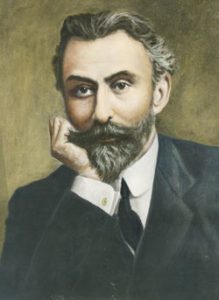
Sir Ratan Tata
Under the hard crust of realism I discovered there was in Saklatvala love of the beautiful. Had he possessed ampler resources, I felt, he might have created a wholly different environment for himself and may even have not been such a “hot-gospeller” of socialism. Such was not meant to be the case, however, by the Fates that control the destinies of men.
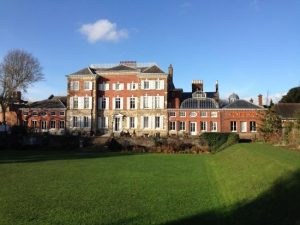
Sir Ratan Tata was the last private owner of York House, in Richmond Road, Twickenham
Shapurji must have been born with a combative faculty that, as he grew older, developed and, in time, dominated his whole nature. I recall his once confiding in me that while he was studying, I believe at St. Xavier’s College in Bombay, Mrs. Annie Besant visited that city and delivered an address. Something in her manner or message made him wroth. With the aid of some companions bent upon mischief, he tried to raise an uproar in the meeting.
Saklatvala never got over his dislike of Mrs. Besant. He found her socialism “as weak as water” – questioned the genuineness of her interest in Indian workers’ welfare – poked fun at her politics. His ideas had become so fixed in his mind that reasoning was of no avail.
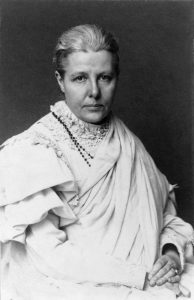
Annie Besant
He found fault also with Mahatma Gandhi, chiefly because the Mahatma refused to quarrel with mill-owners while seeking to befriend the workers. Still greater hatred was reserved by him for the men who managed Congress affairs in London. He tried more than once to storm the citadel of the British Committee, but without success.
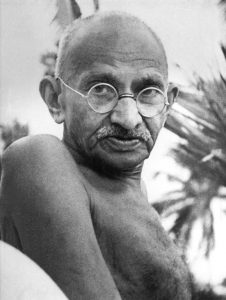
Mahatma Gandhi
Saklatvala had started an organization of his own. He called it the “Workers’ Welfare League of India.” It advocated the making of provision in India for the welfare of the working population “equivalent to if not identical with that granted to the working people of Great Britain”.
No one with a spark of humanity could help but admire the ideal. It was, however, beyond the realm of practicability. Conditions in India differed from those in Britain so widely that only a visionary could ask factory owners in Bombay, Ahmedabad and other Indian centres to approximate to British standards either in respect of hours or wages.
Our industrial workers came mostly from the countryside and did not stick to the mill or the factory throughout the year, let alone throughout their lives. They sprang from stock that, for generations, had been under-fed. What little physical strength they possessed when they entered the city was drained out of them by the work to which they were unused and by the insanitary conditions in which they were compelled to live and the temptations to which many of them succumbed. Their minds were steeped in ignorance and they lacked discipline of any description. How could anyone with any sense expect these men and women to produce as much yarn or fabric as a “hand” in Britain?
Saklatvala would not see this aspect of the case. Whenever it was brought to his notice, he would merely assert that even with the low per capita output, the mill-owners in India were battening on the toil of the wage-workers and that they could well afford to raise conditions to the British level.
Again and again Saklatvala pressed me to join the League he had started. Each time I refused to have anything to do with it. He was impatient, sometimes to the point of rudeness, he did not part company with me, however.
He kept on coming to our house as before – oftener, if anything. At the back of his brain he had an idea that one day he would convert me to his doctrine and I would cease to regard the political as the dominating factor in India.
In the summer of 1919, I remember, he sent one of his British colleagues to reinforce him in the campaign to capture my support. One of his “very common man friends,” he called him in the letter that he sent to introduce him to me. Always in a hurry, he wished me to see his friend “now.”
“You,” he wrote in this letter, “might again charge me with attempting to force Economic Reform before Political Reforms. It is not you or I that decide it (that matter). The world has decided that the Political Reforms that are mere Class advances are of no value to human happiness.” On the contrary, he argued, “the world’s progress demands Mass Political Reforms, and these can only be achieved through and within Economic Reforms.”
Saklatvala’s appeal to the “democratic circles of Great Britain” to see to it that the hours of work in India were scaled down while wages were raised, aroused interest in the minds of organized Labour in that Island. This was particularly the case in Lancashire and other counties that looked with a jealous eye upon the expansion of power industries in Bombay, Nagpur, Ahmedabad and other Indian centres. The higher the costs of production in these centres, they argued, the less the Indian competition to be feared.
The “general principle that Orientals have a claim to human rights similar to those of Occidentals” had, therefore, a dual fascination for the Britons with whom Saklatvala associated. It appealed to their humanitarian instincts and at the same time conserved their economic interests. It provided unction for the soul and cream for the body.
To suggest that this truth had never dawned upon Saklatvala would be to underrate his intelligence. Even persons who regarded him as wayward could not take him for a fool.
I will not say, or even imply, however, that he adopted that line of agitation merely because he knew it would make him solid with the British wage-workers who were becoming increasingly alarmed at India’s industrialization.
My contact with him was intimate enough to make me feel that, in this matter, as in others, he acted from inner conviction. No man – Indian or non-Indian – I have met had the welfare of Indian labourers – and of Indians in general – more at heart than he did.
Through the years of our lengthy acquaintance Saklatvala was becoming more and more vocal – more and more radical. This was particularly the case after the revolution in Russia. The break-down of the capitalistic system in that country he regarded as the beginning of the end of that system all over the world.
His drift towards Communism might have been tolerated by Messrs. Tata, had he not been so vocal. The men in command there did not like being associated in the public mind with such doctrines.
The day of parting came. It would have gone hard against Saklatvala and his family had provision for the future not been made. It enabled him to continue to live as he had been doing.
He had hoped that the Labour movement in the land where he had pitched his camp would go communist the way he did. He spoke to me, on more than one occasion, as if his wish were being realized.
He soon found out his mistake. Many of the Britons whom he had regarded as radical proved to be conservative, from his point of view, and refused to plunge into the uncharted ocean of Communism.
Even after his break with life-long associates in the Labour Party, Saklatvala did not lose out with the British workers. To thousands of them he remained the “Good Old Sak” that he was before the great upheaval. They continued to believe in his devotion to the cause of the submerged classes – in his genuine and undying hatred of all economic forms of exploitation.
The Labour element in North Battersea, across the Thames from Westminster, enabled Saklatvala to realize his life’s ambition in 1923 by sending him to the Commons. His faith in the British working-man was justified. Re-elected the following year, he remained in that House until the dissolution in 1929.
I cannot speak, from personal knowledge, of the work he did during those years, for they were spent by me away from Britain. I am sure, however, that he used every opportunity he could make to advance India’s cause, which, without question, was dear to his heart.
March 1936
The Modern Review was founded in 1907 by Ramananda Chatterjee, who also founded and edited the Bengali magazine, Prabasi and the Hindi magazine, Vishal Bharat. All three periodicals can be best described as journals of opinion.
The Modern Review published essays by practically every well-known leader of the Indian nationalist movement, along with the views of foreign sympathisers. It also carried rousing editorials from Ramananda Babu himself. After his demise in 1943, his son Kedarnath carried on the good work until he passed away in 1965. The magazine also published fiction, book and art reviews, travelogues, etc., including essays by pioneers like the anthropologist Verrier Elwin and historian, Jadunath Sarkar.
Ramananda Babu allowed his contributors to present every shade of opinion and argue their cases, while ensuring the magazine itself maintained an impartial editorial stance. He was happy to publish long multi-issue arguments between luminaries like Tagore-Gandhi and Subhas Bose-Sardar Patel about the shape and direction of the nationalist movement. Contemporary opinions about topics such as education, women’s rights, the relations between religions and castes, electoral politics, India’s place in the world, and international relations can be accessed and contextualised by leafing through the archives of this journal of record.
—Devangshu Datta
To read a select anthology of articles, interviews, poetry and fiction published from 1907-1947 in the Modern Review, you can buy‘Patriots, Poets and Prisoners’ here.
Sant Nihal Singh, often also called Saint Nihal Singh, was a journalist who travelled across the US, Canada and Britain with his wife Cathleyne, bringing Indians as well as readers in other countries stories from around the world. Born in 1884 and educated at Punjab University, he wrote prolifically for American, British and Indian publications. His articles in The Modern Review, which he wrote for regularly, include ones on subjects as varied as Indian students’ issues in America, race and racial politics in the US, Ceylon’s – or Sri Lanka’s – shifting political landscape, Indians in Canada and the Englishwomen’s battle for the vote. Books by Singh include India’s Troops (1914) and Ruling India By Bullets and Bombs (1920). You can read more about him and his work here.
Devangshu Datta is consulting editor and science and technology correspondent at the Business Standard. He is an editor, along with Nilanjana S. Roy and Anikendra Nath Sen, of Patriots, Poets and Prisoners.
| 2500 BC - Present | |
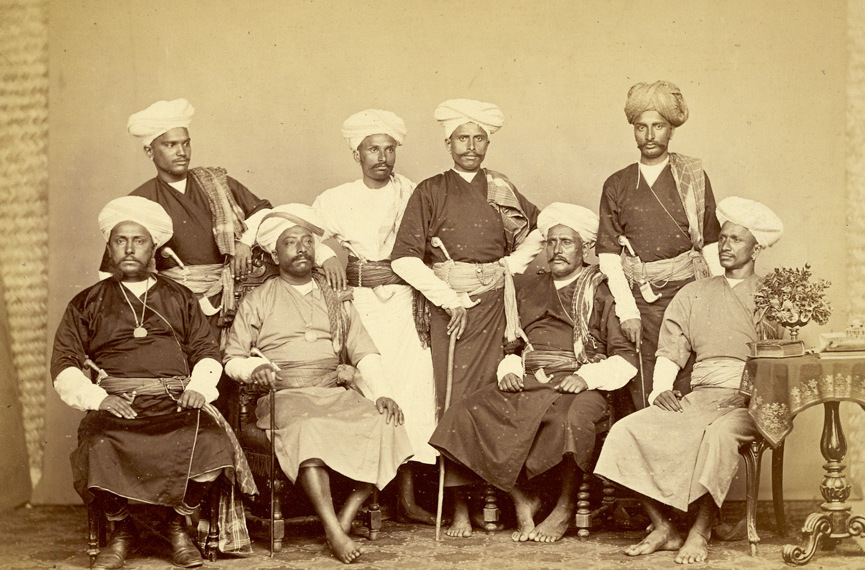
|
2500 BC - Present |
| Tribal History: Looking for the Origins of the Kodavas | |
| 2200 BC to 600 AD | |
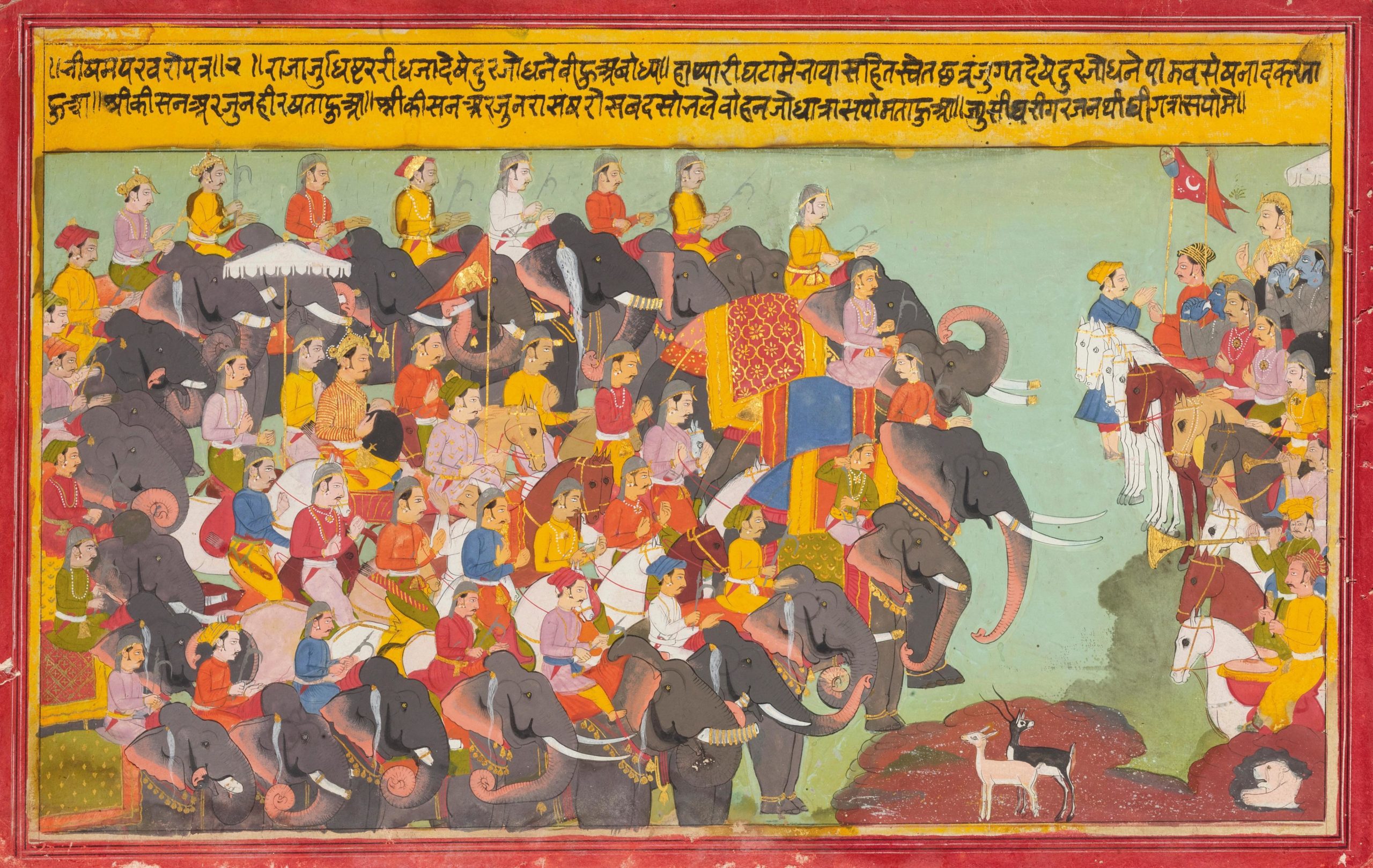
|
2200 BC to 600 AD |
| War, Political Violence and Rebellion in Ancient India | |
| 400 BC to 1001 AD | |
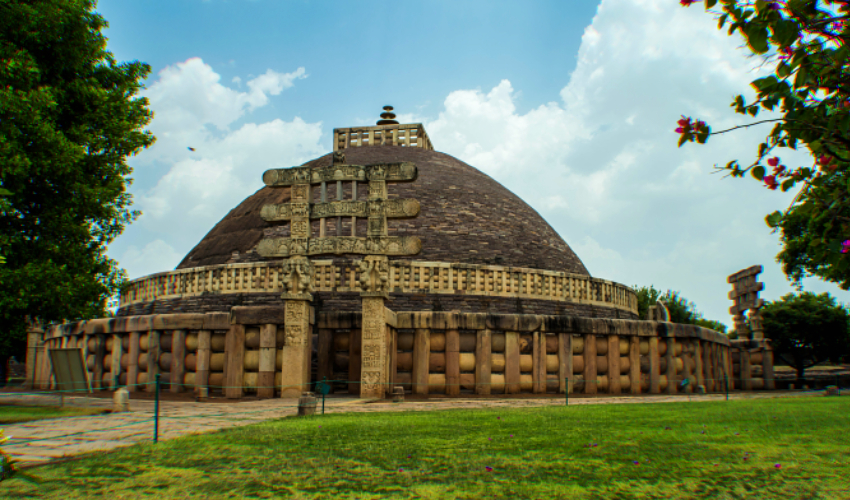
|
400 BC to 1001 AD |
| The Dissent of the ‘Nastika’ in Early India | |
| 600CE-1200CE | |

|
600CE-1200CE |
| The Other Side of the Vindhyas: An Alternative History of Power | |
| c. 700 - 1400 AD | |
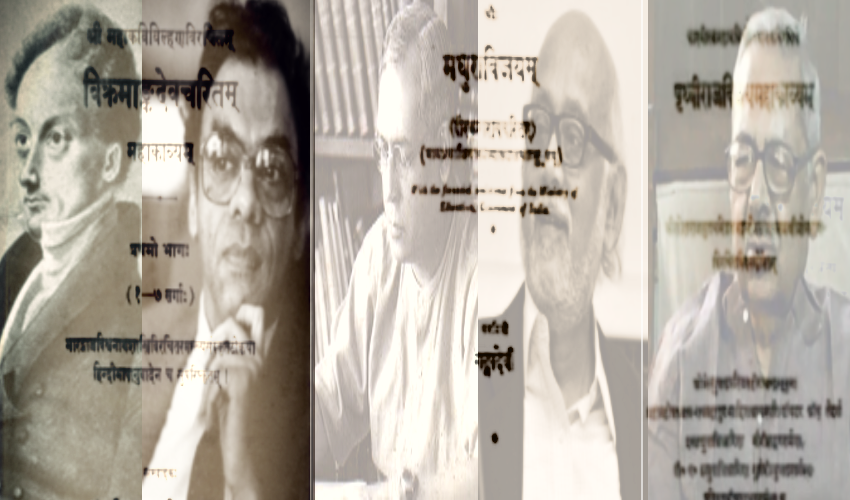
|
c. 700 - 1400 AD |
| A Historian Recommends: Representing the ‘Other’ in Indian History | |
| c. 800 - 900 CE | |
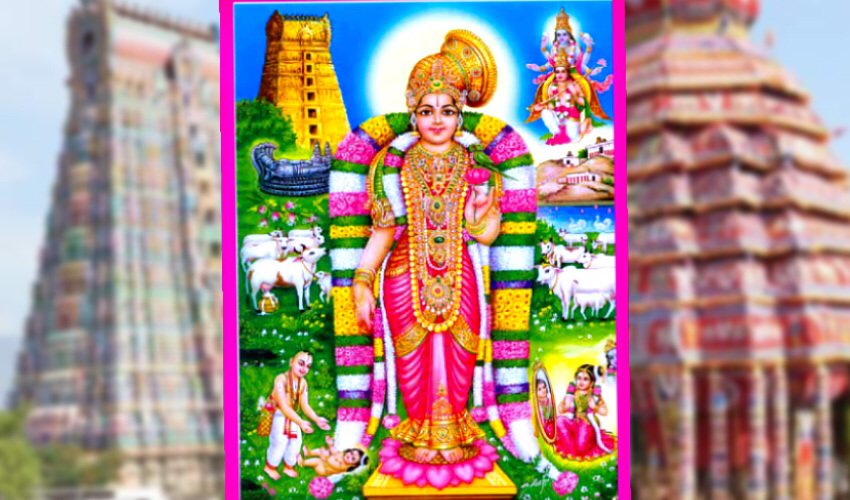
|
c. 800 - 900 CE |
| ‘Drape me in his scent’: Female Sexuality and Devotion in Andal, the Goddess | |
| 1192 | |
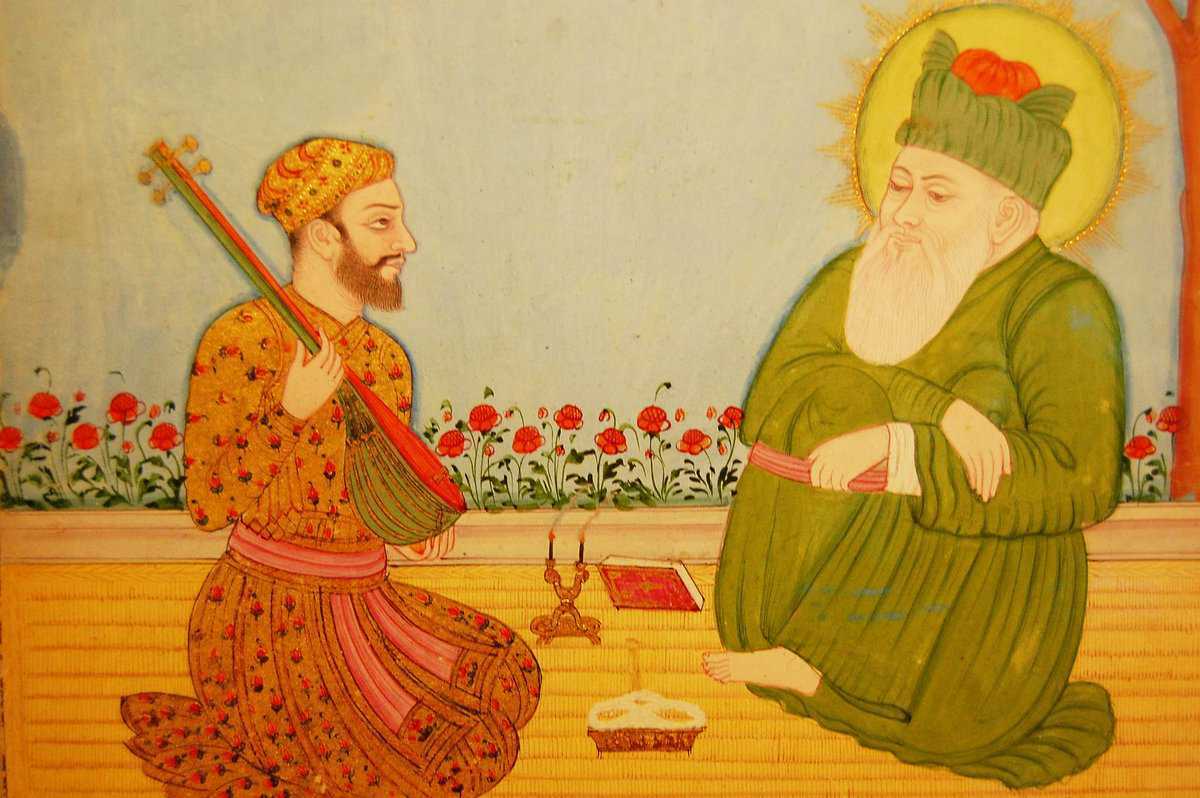
|
1192 |
| Sufi Silsilahs: The Mystic Orders in India | |
| 1200 - 1850 | |
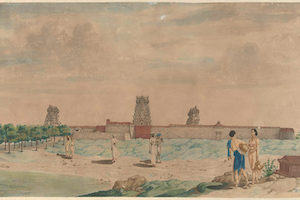
|
1200 - 1850 |
| Temples, deities, and the law. | |
| c. 1500 - 1600 AD | |
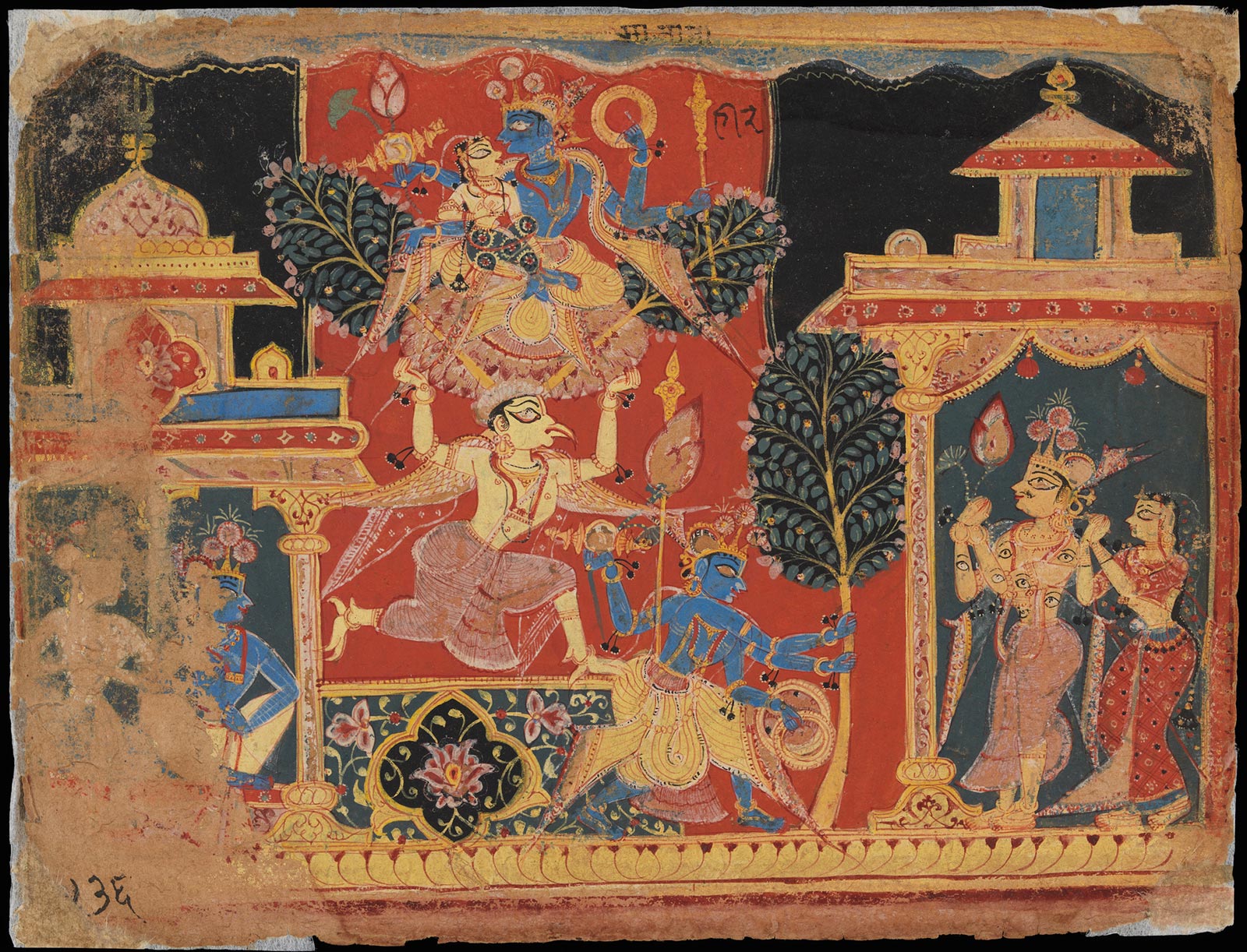
|
c. 1500 - 1600 AD |
| A Historian Recommends: Religion in Mughal India | |
| 1200-2020 | |
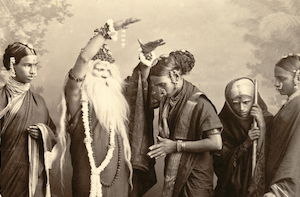
|
1200-2020 |
| Policing Untouchables and Producing Tamasha in Maharashtra | |
| 1530-1858 | |
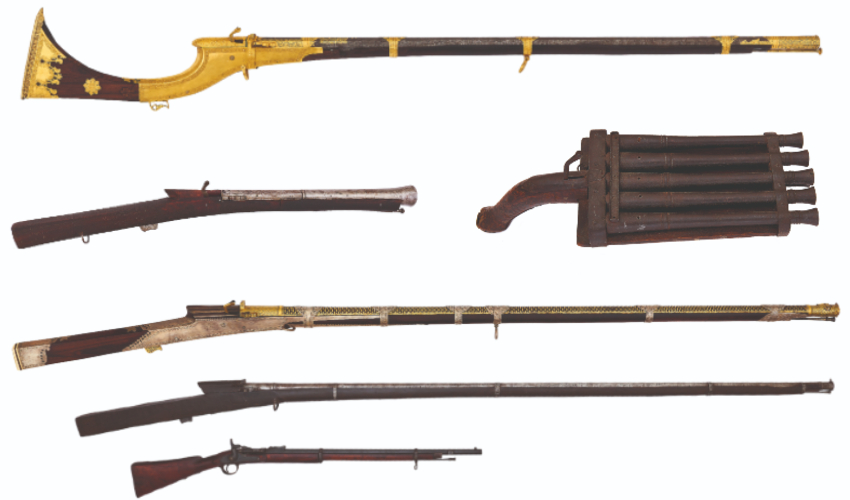
|
1530-1858 |
| Rajputs, Mughals and the Handguns of Hindustan | |
| 1575 | |
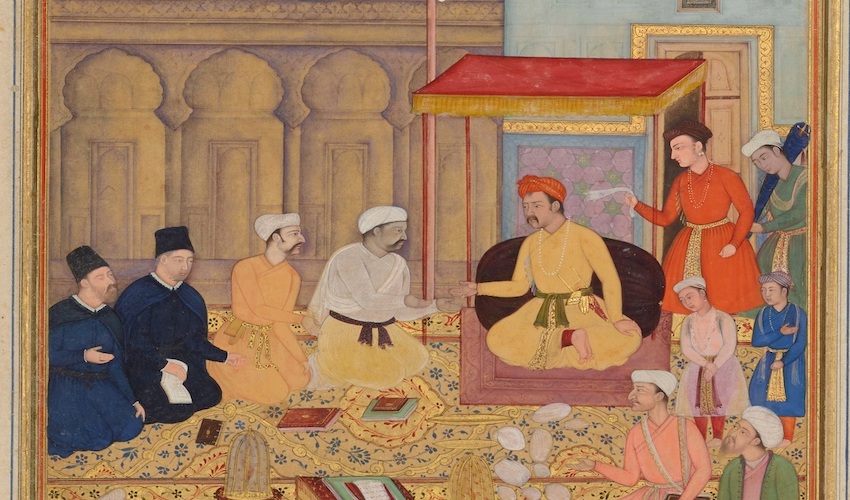
|
1575 |
| Abdul Qadir Badauni & Abul Fazl: Two Mughal Intellectuals in King Akbar‘s Court | |
| 1579 | |
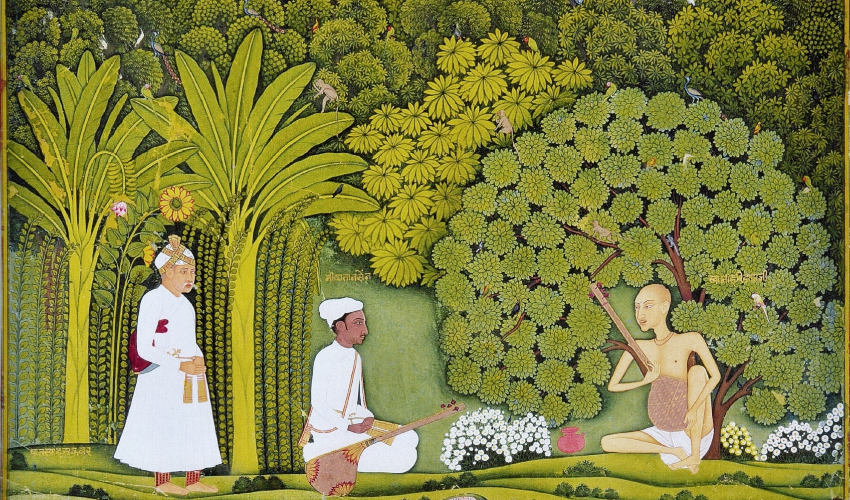
|
1579 |
| Padshah-i Islam | |
| 1550-1800 | |
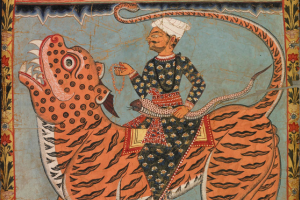
|
1550-1800 |
| Who are the Bengal Muslims? : Conversion and Islamisation in Bengal | |
| c. 1600 CE-1900 CE | |
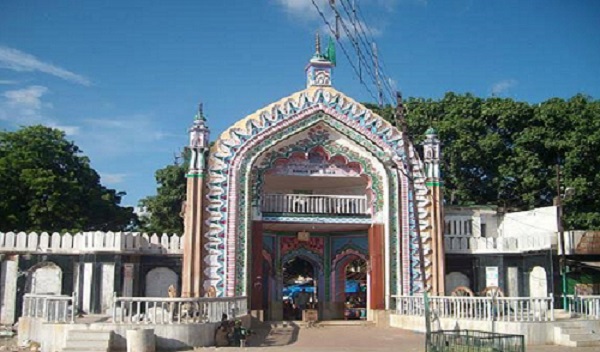
|
c. 1600 CE-1900 CE |
| The Birth of a Community: UP’s Ghazi Miyan and Narratives of ‘Conquest’ | |
| 1553 - 1900 | |
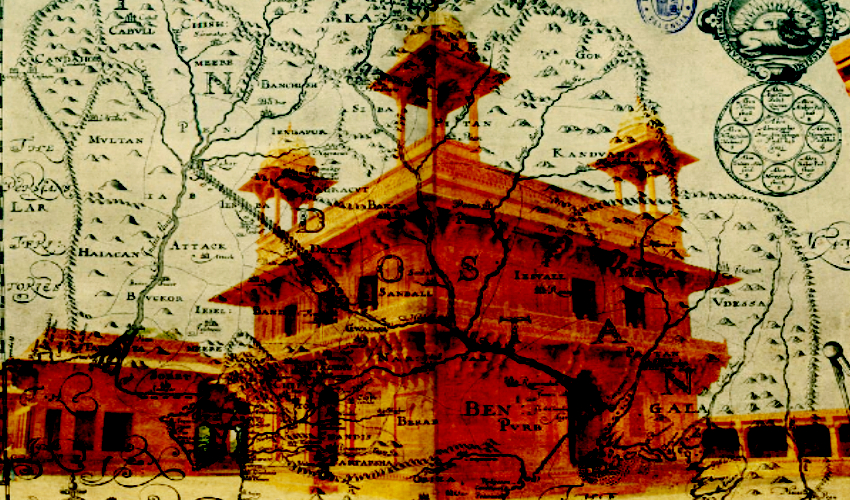
|
1553 - 1900 |
| What Happened to ‘Hindustan’? | |
| 1630-1680 | |
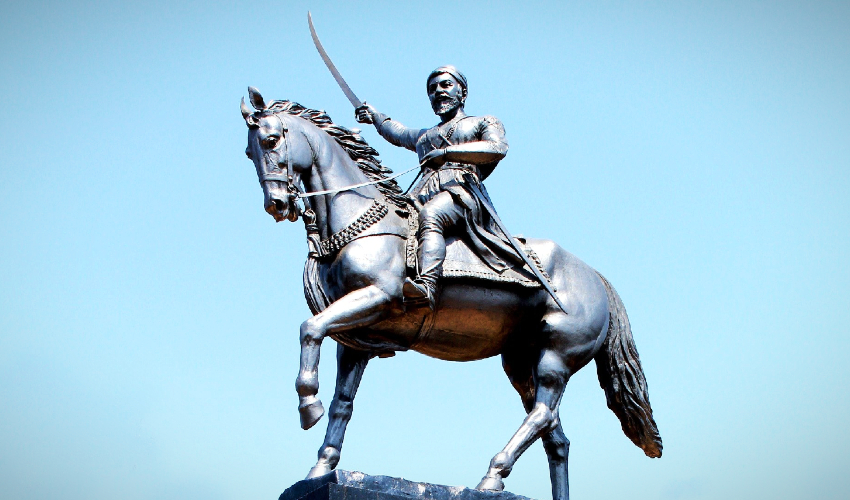
|
1630-1680 |
| Shivaji: Hindutva Icon or Secular Nationalist? | |
| 1630 -1680 | |
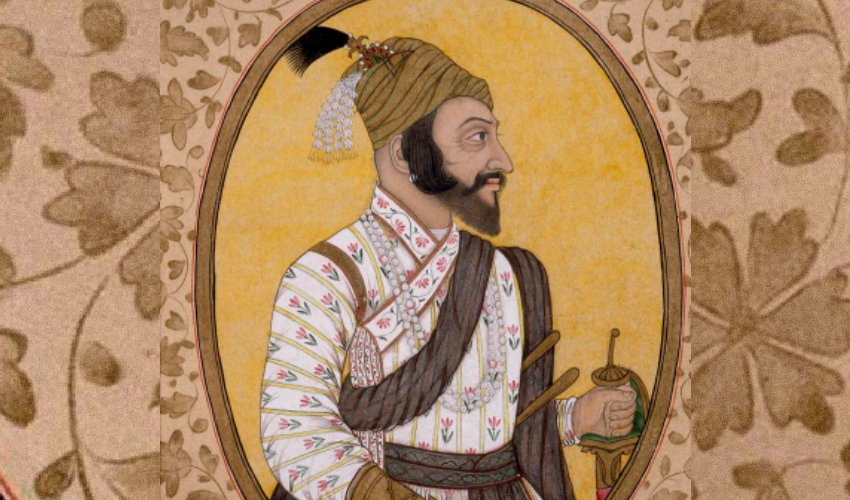
|
1630 -1680 |
| Shivaji: His Legacy & His Times | |
| c. 1724 – 1857 A.D. | |

|
c. 1724 – 1857 A.D. |
| Bahu Begum and the Gendered Struggle for Power | |
| 1818 - Present | |
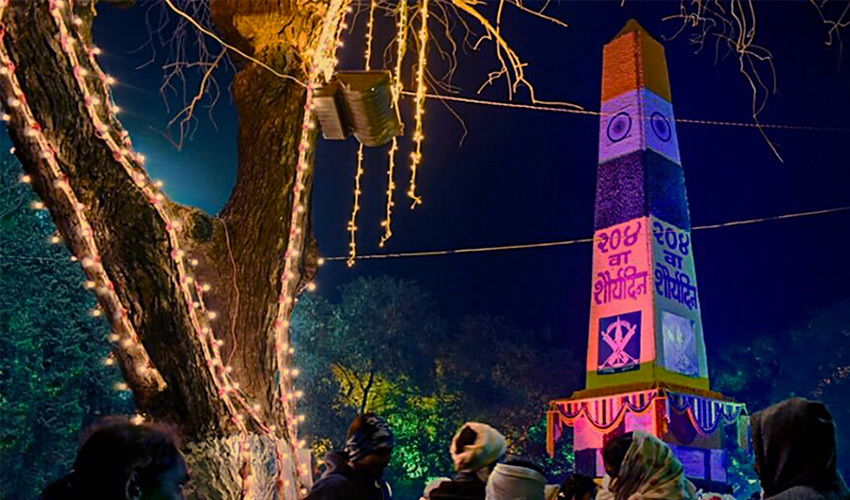
|
1818 - Present |
| The Contesting Memories of Bhima-Koregaon | |
| 1831 | |
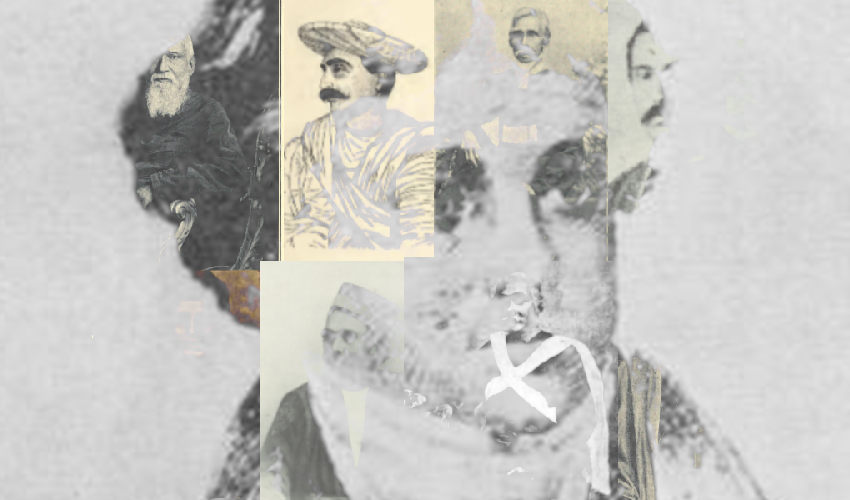
|
1831 |
| The Derozians’ India | |
| 1855 | |
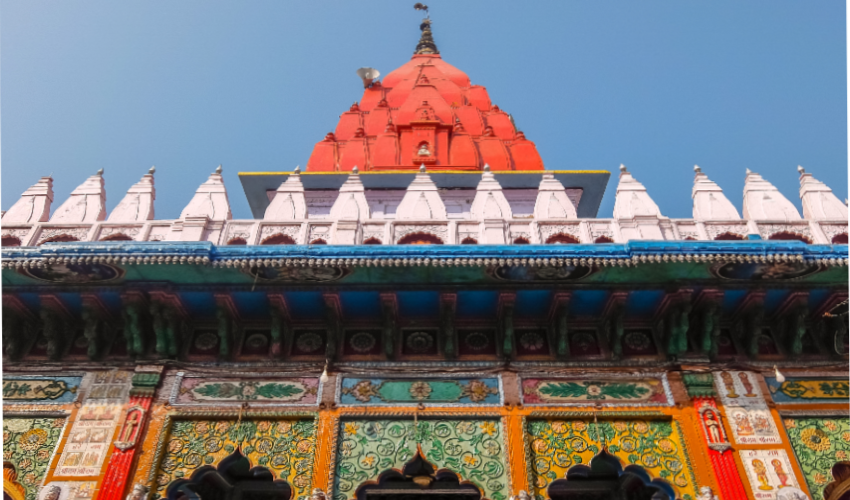
|
1855 |
| Ayodhya 1855 | |
| 1856 | |
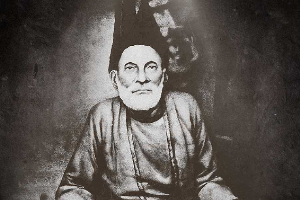
|
1856 |
| “Worshipping the dead is not an auspicious thing” — Ghalib | |
| 1857 | |
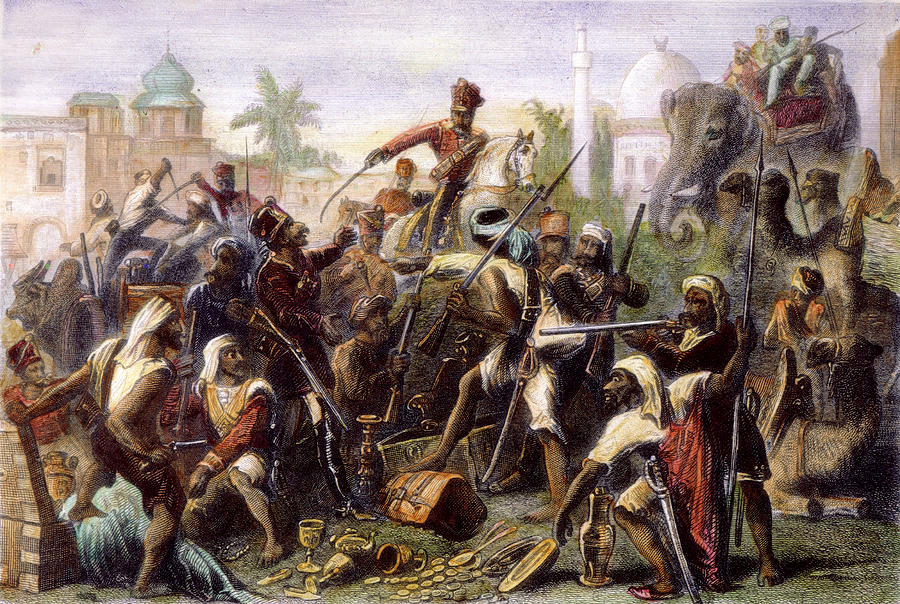
|
1857 |
| A Subaltern speaks: Dalit women’s counter-history of 1857 | |
| 1858 - 1976 | |
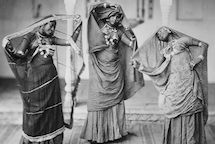
|
1858 - 1976 |
| Lifestyle as Resistance: The Curious Case of the Courtesans of Lucknow | |
| 1883 - 1894 | |
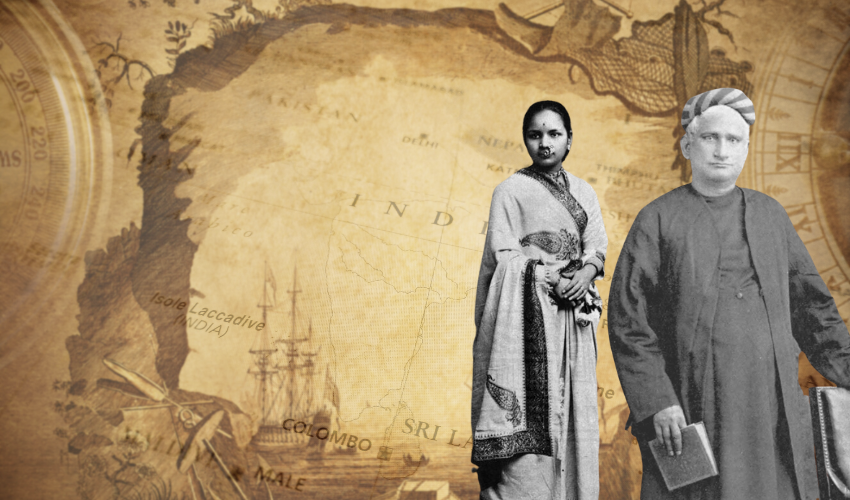
|
1883 - 1894 |
| The Sea Voyage Question: A Nineteenth century Debate | |
| 1887 | |
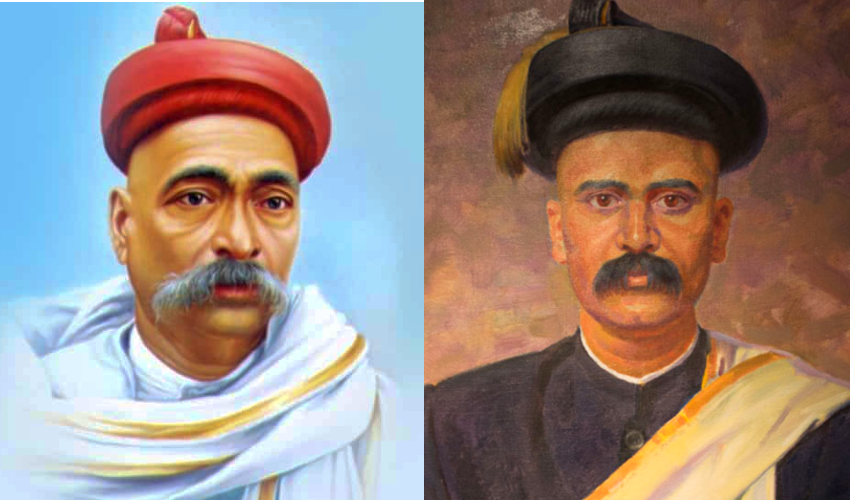
|
1887 |
| The Great Debaters: Tilak Vs. Agarkar | |
| 1893-1946 | |
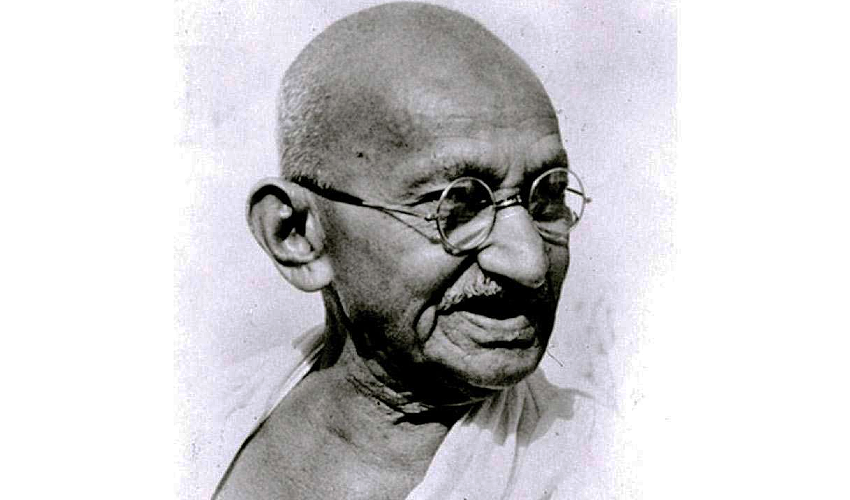
|
1893-1946 |
| A Historian Recommends: Gandhi Vs. Caste | |
| 1897 | |
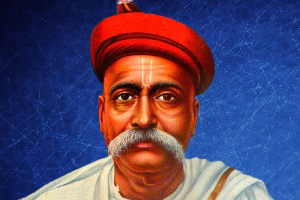
|
1897 |
| Queen Empress vs. Bal Gangadhar Tilak: An Autopsy | |
| 1913 - 1916 Modern Review | |
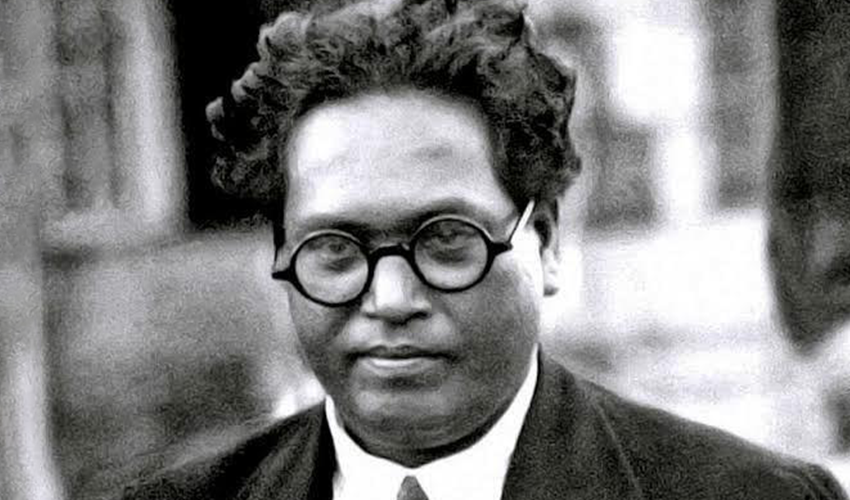
|
1913 - 1916 |
| A Young Ambedkar in New York | |
| 1916 | |
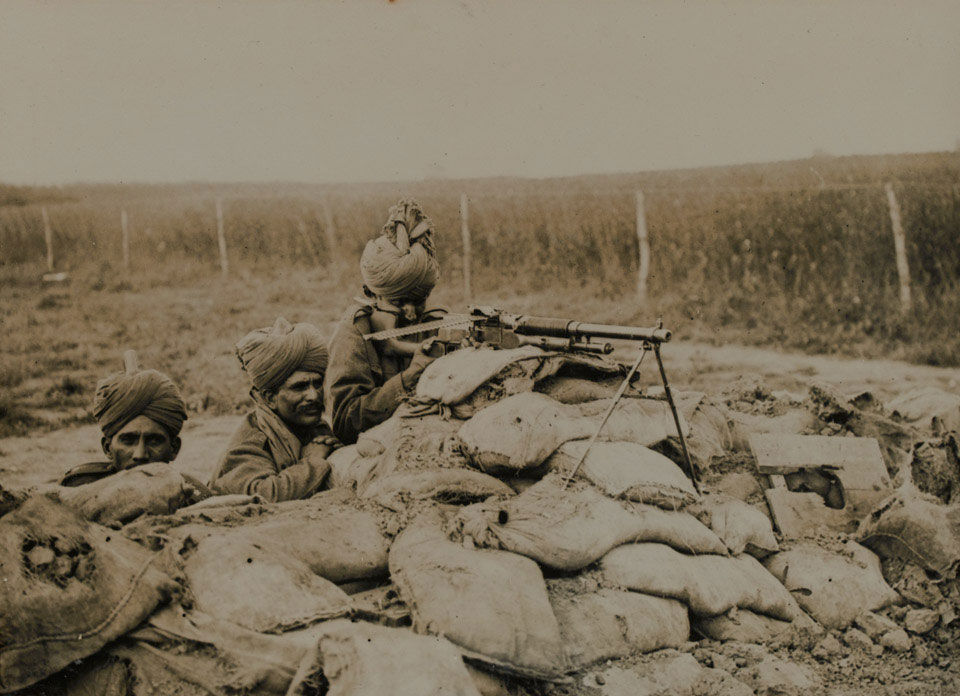
|
1916 |
| A Rare Account of World War I by an Indian Soldier | |
| 1917 | |
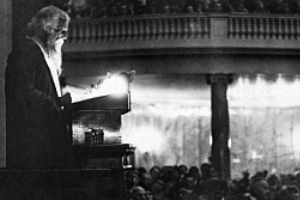
|
1917 |
| On Nationalism, by Tagore | |
| 1918 - 1919 | |
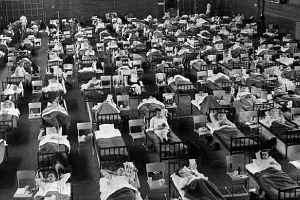
|
1918 - 1919 |
| What Happened to the Virus That Caused the World’s Deadliest Pandemic? | |
| 1920 - 1947 | |
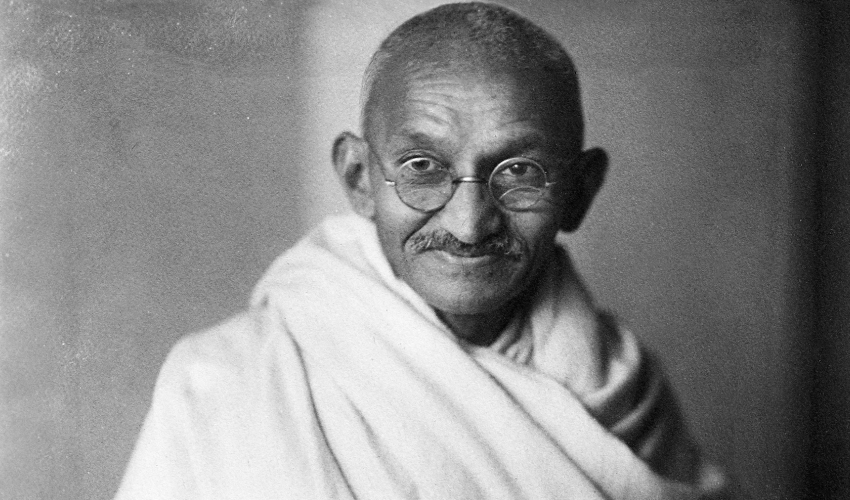
|
1920 - 1947 |
| How One Should Celebrate Diwali, According to Gandhi | |
| 1921 | |
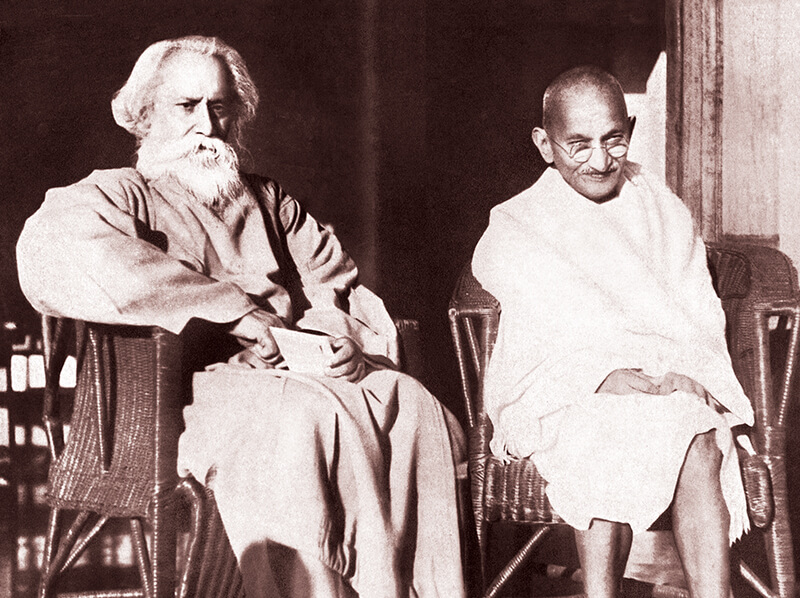
|
1921 |
| Great Debates: Tagore Vs. Gandhi (1921) | |
| 1921 - 2015 | |
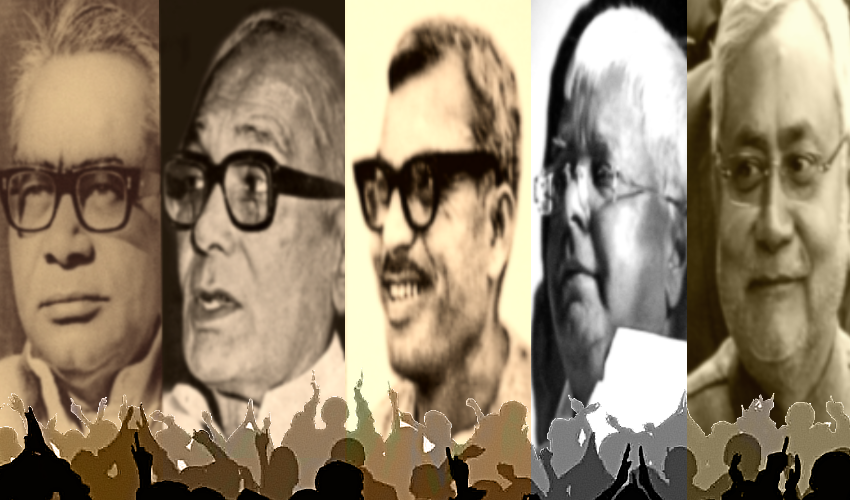
|
1921 - 2015 |
| A History of Caste Politics and Elections in Bihar | |
| 1915-1921 | |
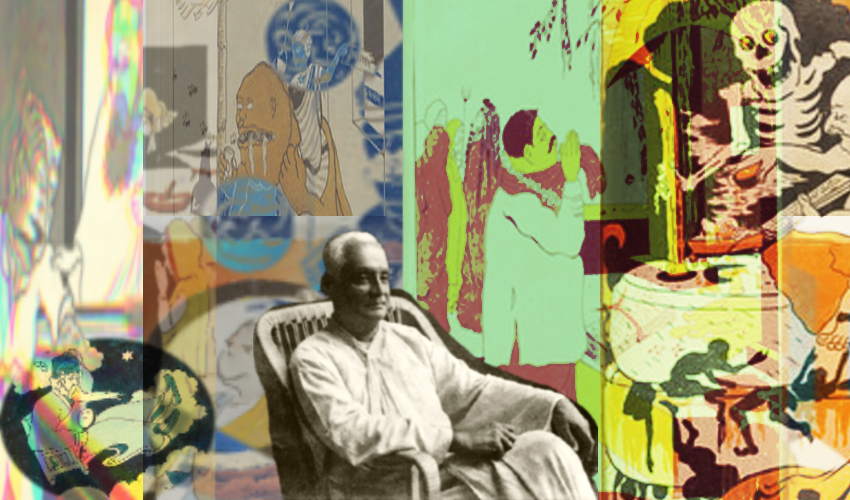
|
1915-1921 |
| The Satirical Genius of Gaganendranath Tagore | |
| 1924-1937 | |
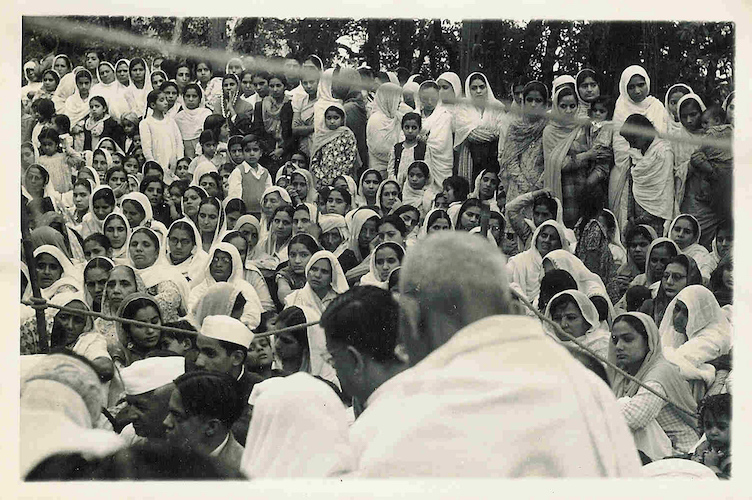
|
1924-1937 |
| What were Gandhi’s Views on Religious Conversion? | |
| 1925, 1926 | |
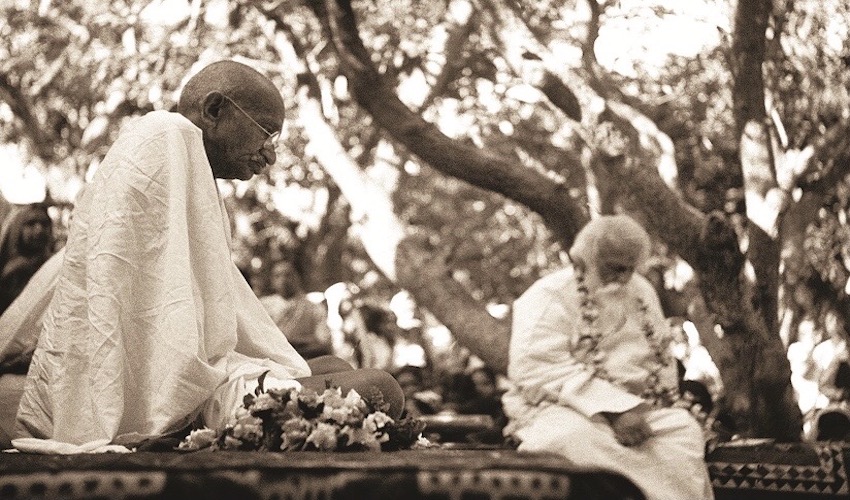
|
1925, 1926 |
| Great Debates: Tagore vs Gandhi (1925-1926) | |
| 1928 | |
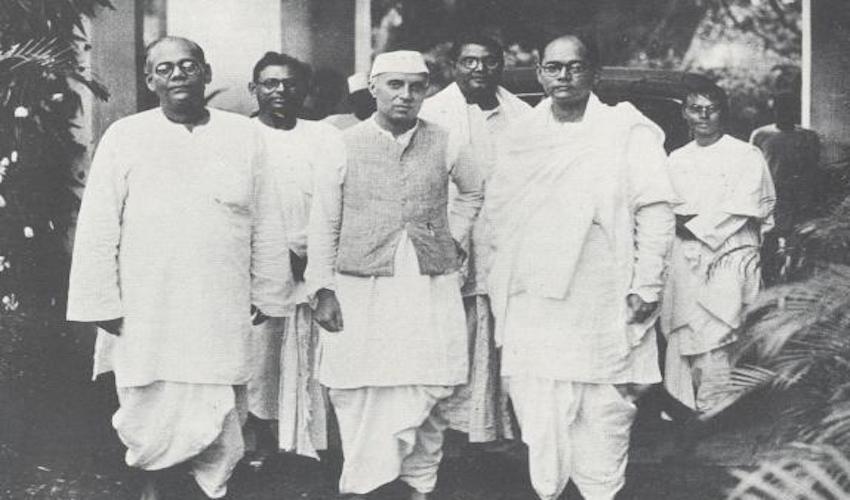
|
1928 |
| Bhagat Singh’s dilemma: Nehru or Bose? | |
| 1930 Modern Review | |
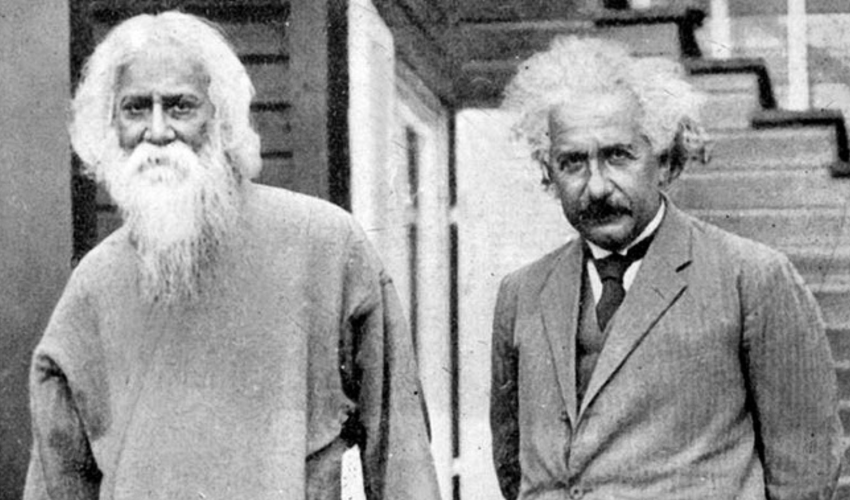
|
1930 |
| The Modern Review Special: On the Nature of Reality | |
| 1932 | |
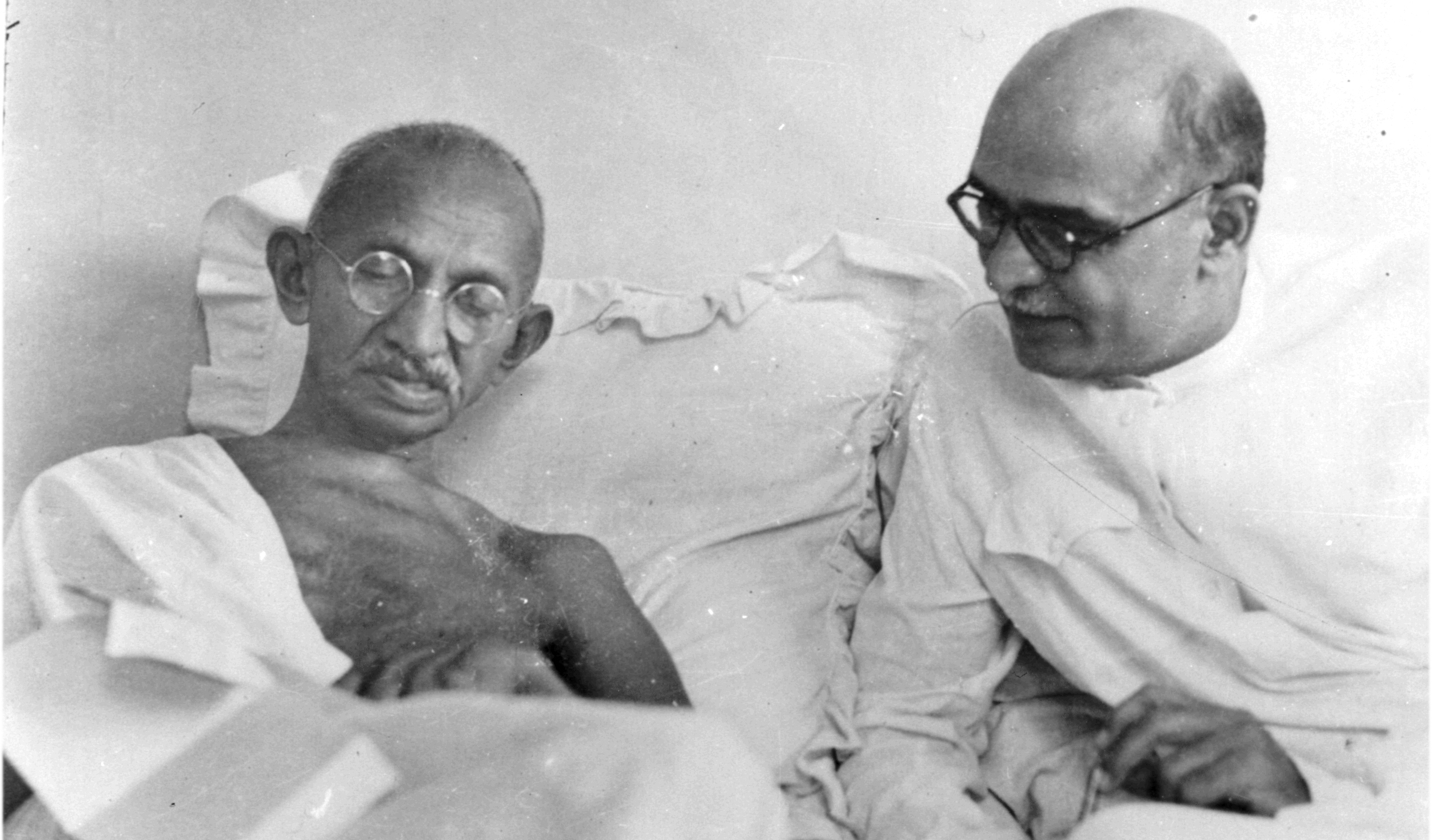
|
1932 |
| Caste, Gandhi and the Man Beside Gandhi | |
| 1933 - 1991 | |
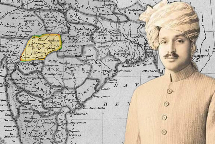
|
1933 - 1991 |
| Raghubir Sinh: The Prince Who Would Be Historian | |
| 1935 | |
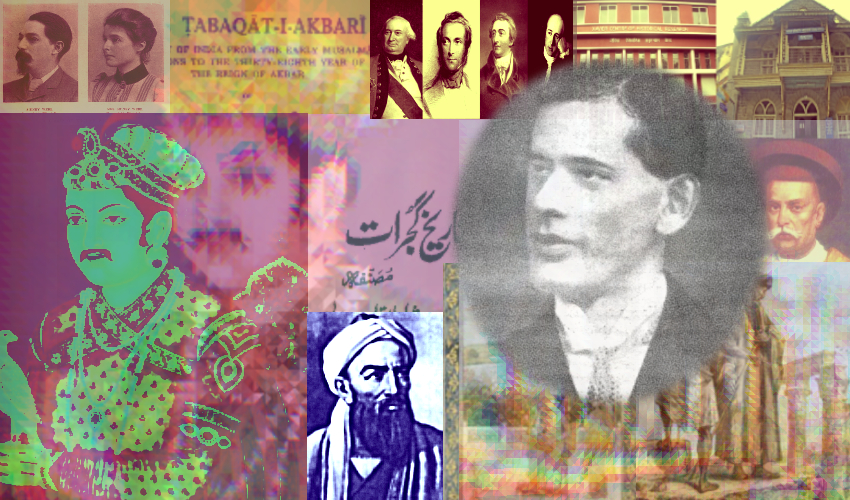
|
1935 |
| A Historian Recommends: SA Khan’s Timeless Presidential Address | |
| 1865-1928 | |
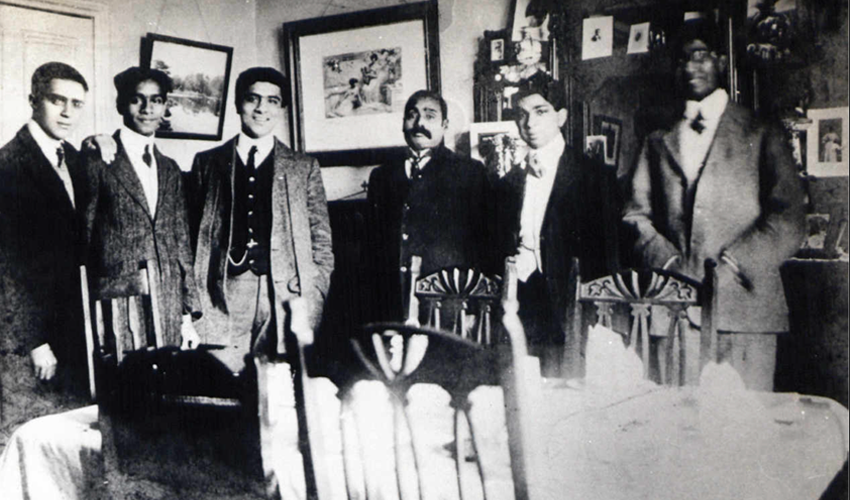
|
1865-1928 |
| Understanding Lajpat Rai’s Hindu Politics and Secularism | |
| 1935 Modern Review | |
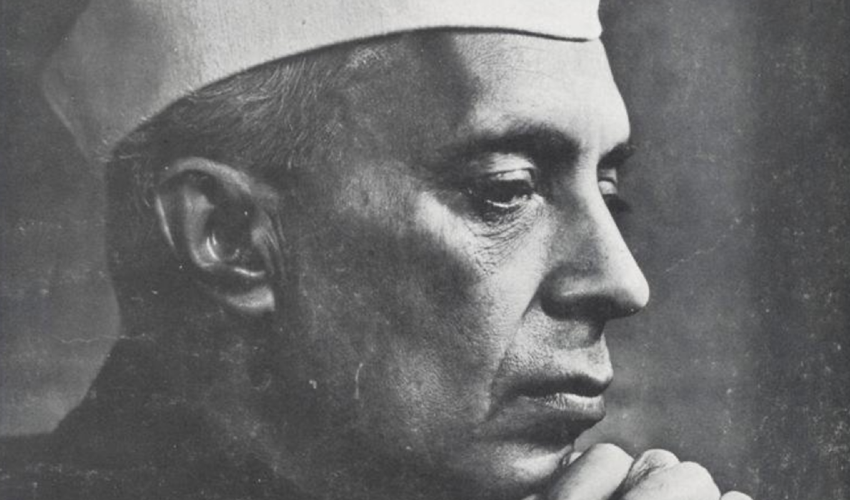
|
1935 |
| The Modern Review Special: The Mind of a Judge | |
| 1936 Modern Review | |
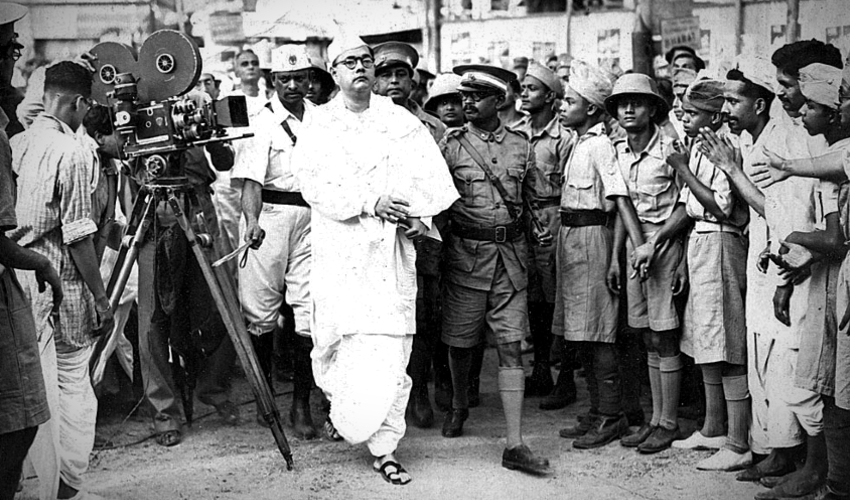
|
1936 |
| The Modern Review Special: When Netaji Subhas Bose Was Wrongfully Detained for ‘Terrorism’ | |
| 1936 | |

|
1936 |
| Annihilation of Caste: Part 1 | |
| 1936 Modern Review | |

|
1936 |
| The Modern Review Special: An Indian MP in the British Parliament | |
| 1936 | |
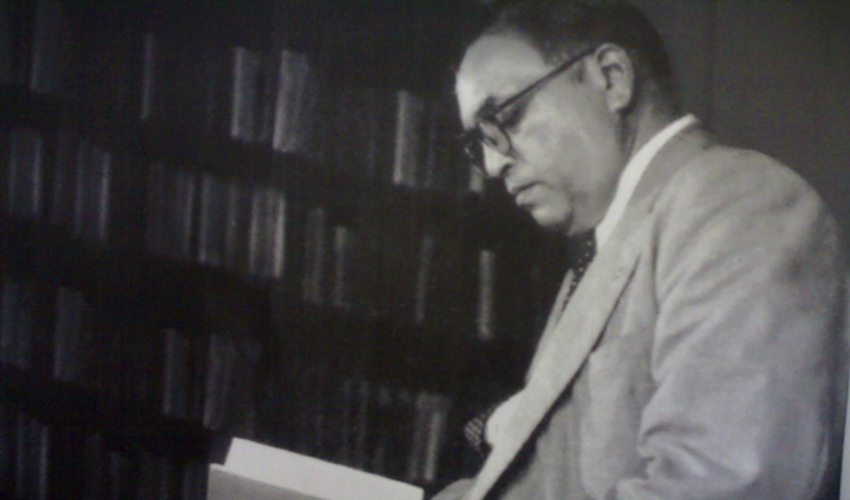
|
1936 |
| Annihilation of Caste: Part 2 | |
| 1936 | |

|
1936 |
| A Reflection of His Age: Munshi Premchand on the True Purpose of Literature | |
| 1936 Modern Review | |
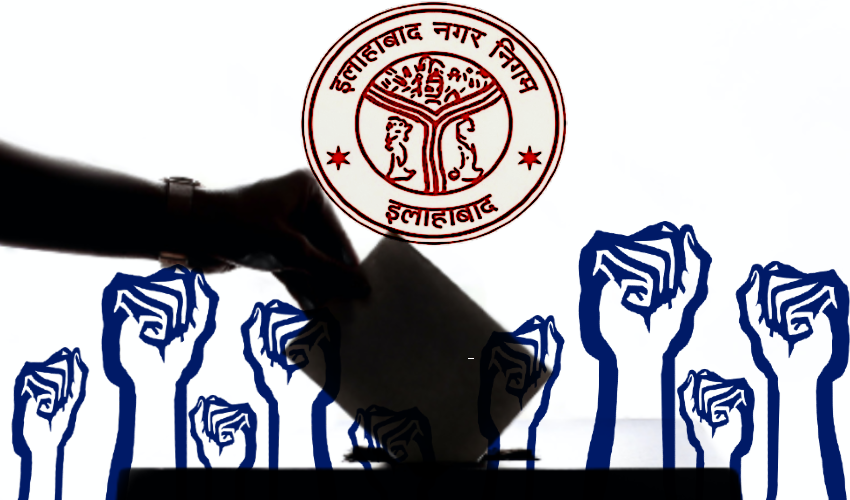
|
1936 |
| The Modern Review Special: The Defeat of a Dalit Candidate in a 1936 Municipal Election | |
| 1937 Modern Review | |
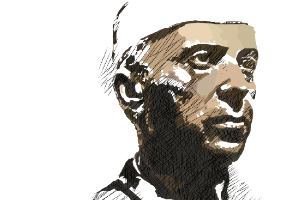
|
1937 |
| The Modern Review Special: Rashtrapati | |
| 1938 | |
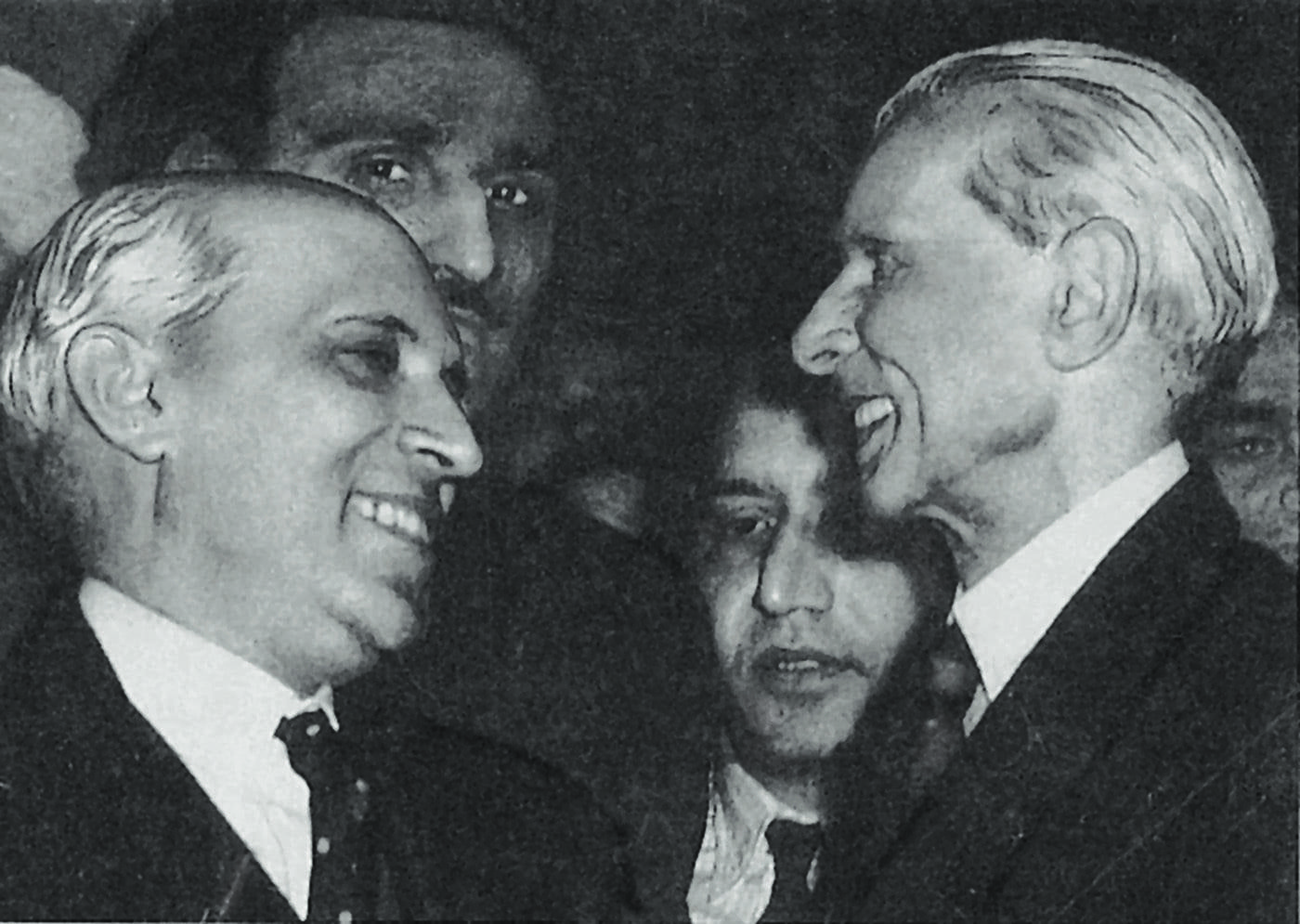
|
1938 |
| Great Debates: Nehru Vs. Jinnah (1938) | |
| 1942 Modern Review | |
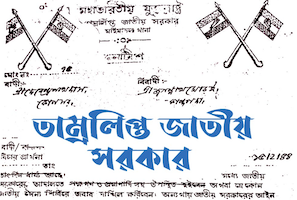
|
1942 |
| IHC Uncovers: A Parallel Government In British India (Part 1) | |
| 1942-1945 | |
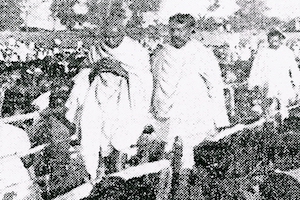
|
1942-1945 |
| IHC Uncovers: A Parallel Government in British India (Part 2) | |
| 1946 | |
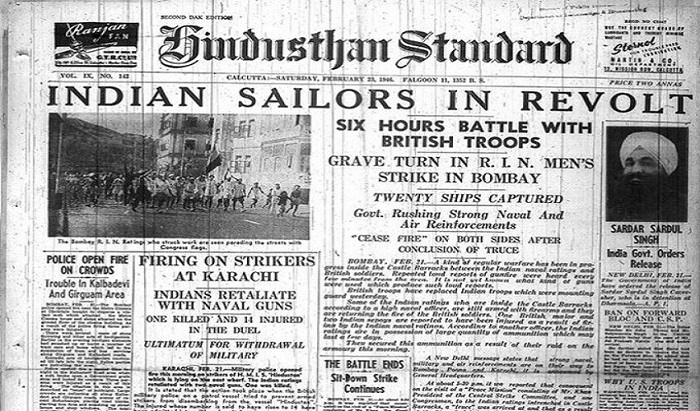
|
1946 |
| Our Last War of Independence: The Royal Indian Navy Mutiny of 1946 | |
| 1946 | |
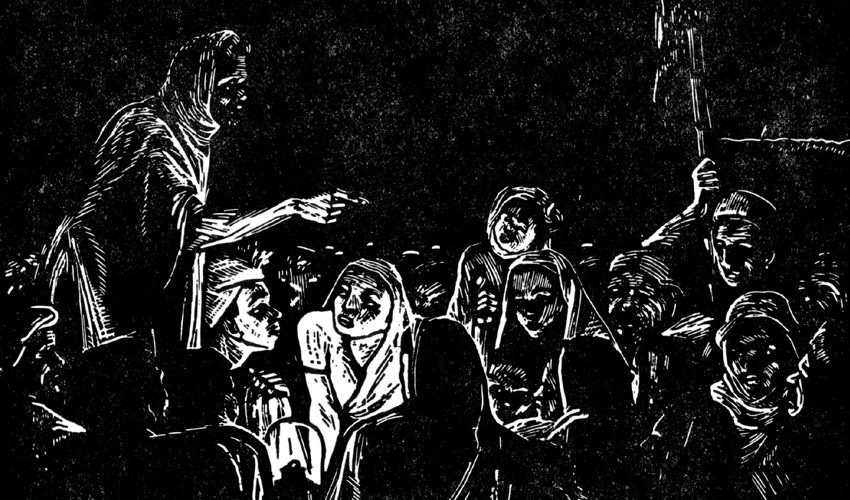
|
1946 |
| An Artist’s Account of the Tebhaga Movement in Pictures And Prose | |
| 1946 – 1947 | |
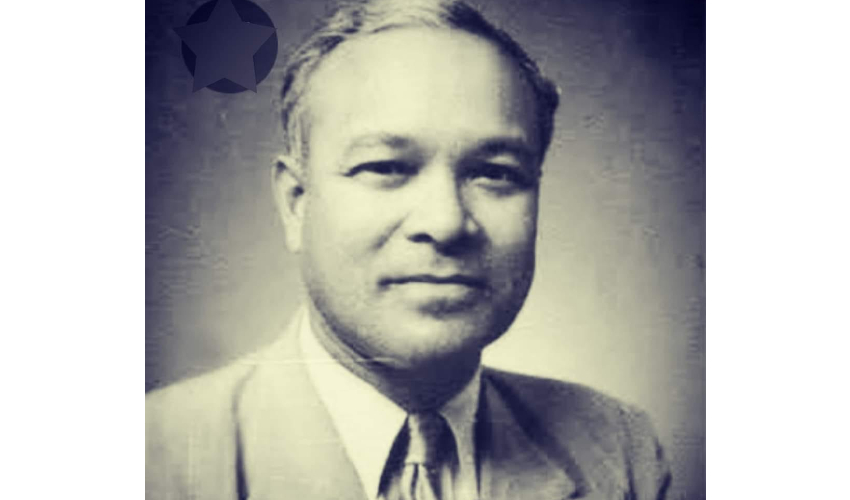
|
1946 – 1947 |
| “The Most Democratic People on Earth” : An Adivasi Voice in the Constituent Assembly | |
| 1946-1947 | |
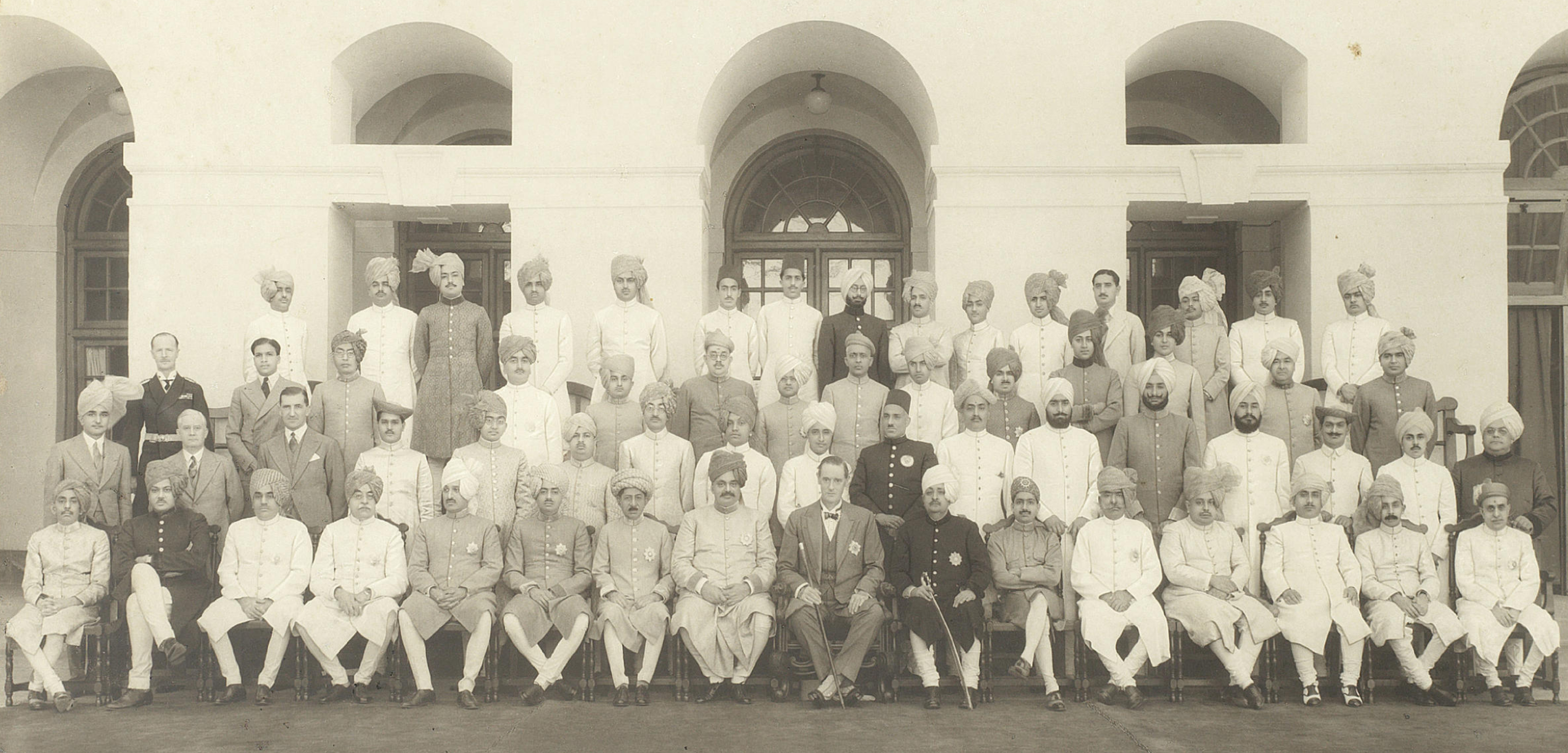
|
1946-1947 |
| VP Menon and the Birth of Independent India | |
| 1916 - 1947 | |
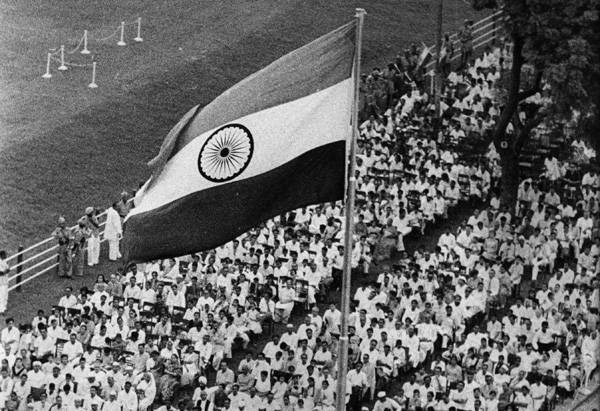
|
1916 - 1947 |
| 8 @ 75: 8 Speeches Independent Indians Must Read | |
| 1947-1951 | |
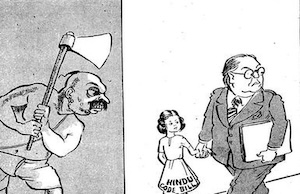
|
1947-1951 |
| Ambedkar Cartoons: The Joke’s On Us | |
| 1948 | |

|
1948 |
| “My Father, Do Not Rest” | |
| 1940-1960 | |

|
1940-1960 |
| Integration Myth: A Silenced History of Hyderabad | |
| 1948 | |
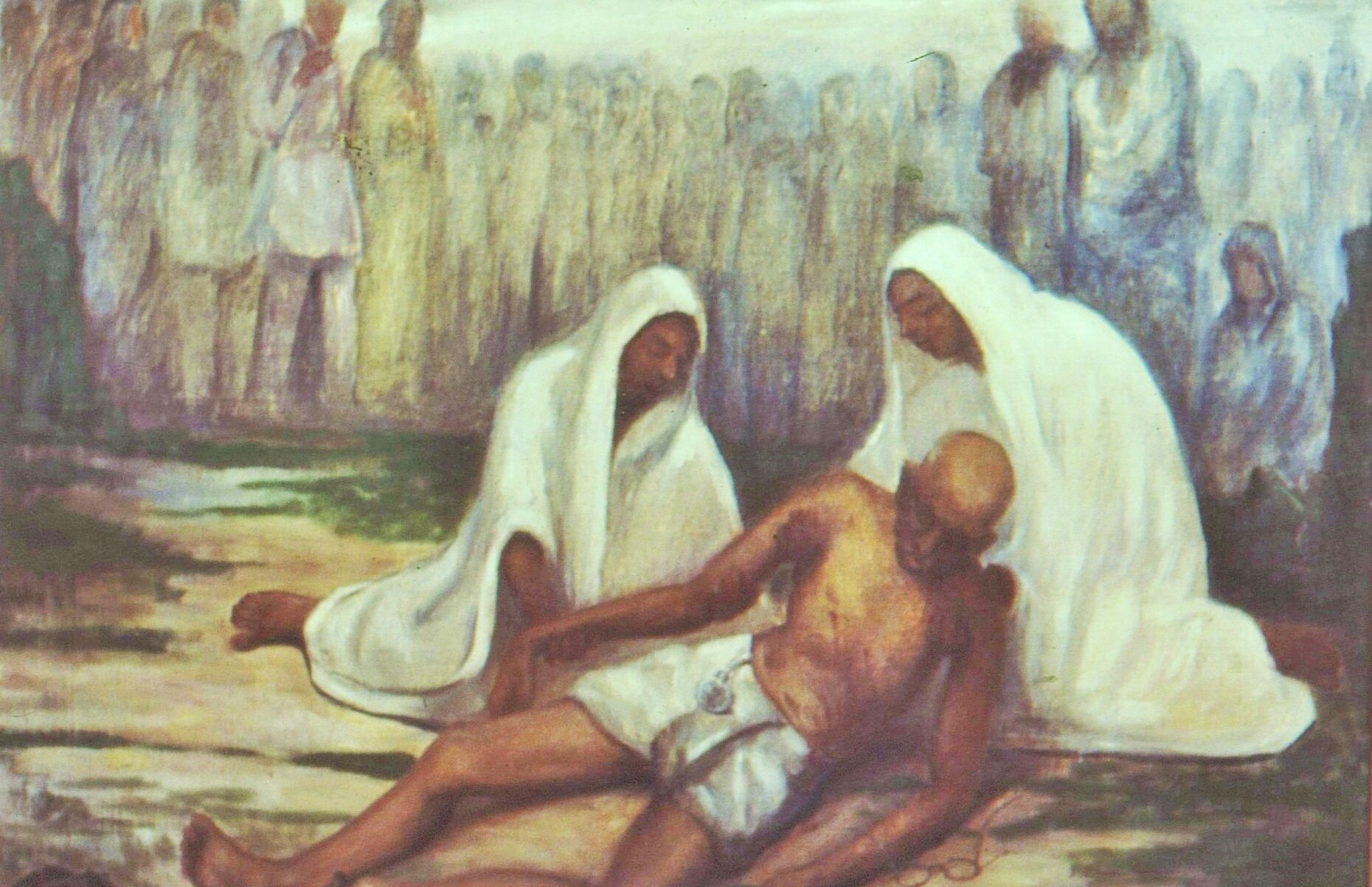
|
1948 |
| The Assassination of a Mahatma, the Princely States and the ‘Hindu’ Nation | |
| 1949 | |
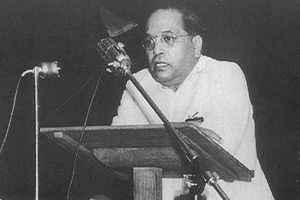
|
1949 |
| Ambedkar warns against India becoming a ‘Democracy in Form, Dictatorship in Fact’ | |
| 1950 | |
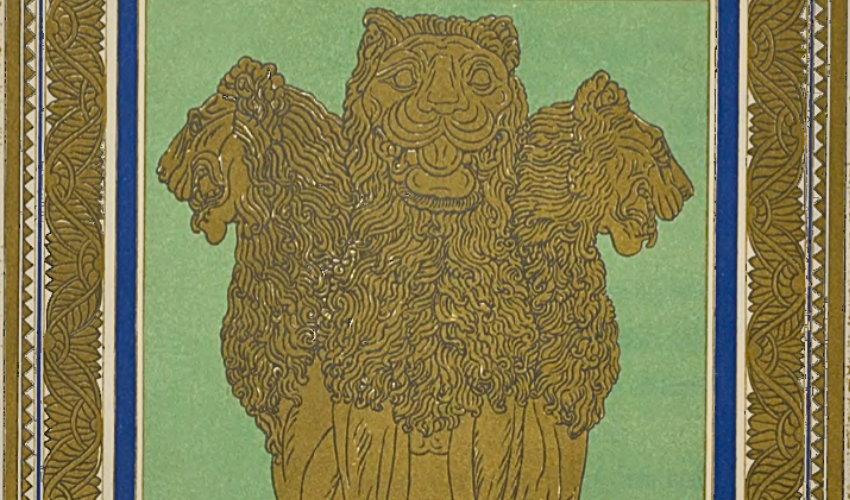
|
1950 |
| Illustrations from the constitution | |
| 1951 | |
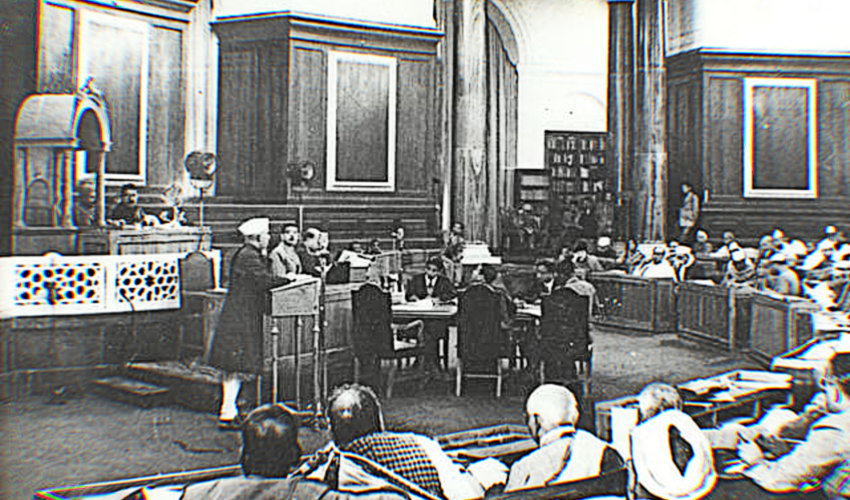
|
1951 |
| How the First Amendment to the Indian Constitution Circumscribed Our Freedoms & How it was Passed | |
| 1967 | |
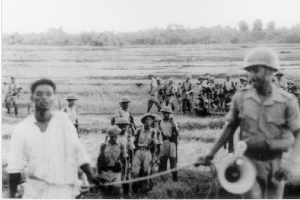
|
1967 |
| Once Upon A Time In Naxalbari | |
| 1970 | |
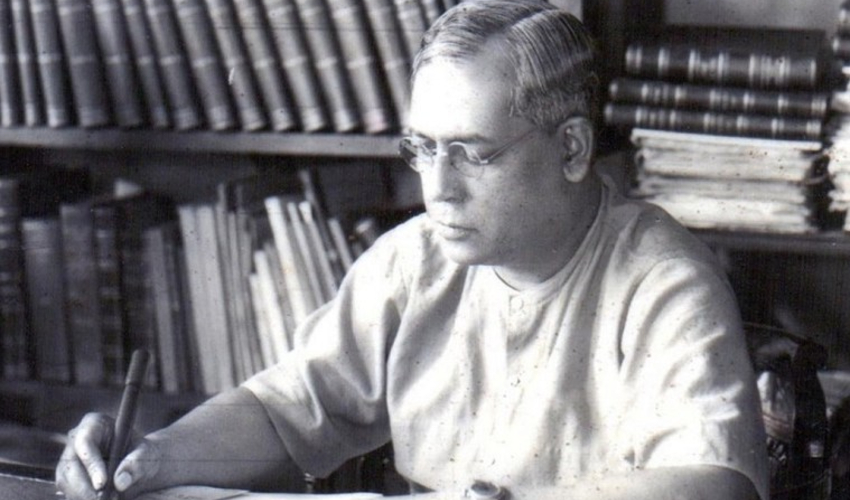
|
1970 |
| R.C. Majumdar on Shortcomings in Indian Historiography | |
| 1973 - 1993 | |
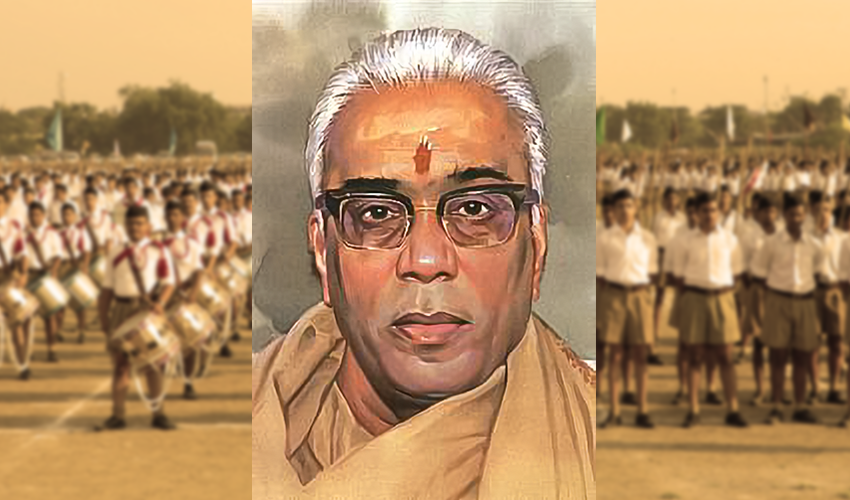
|
1973 - 1993 |
| Balasaheb Deoras: Kingmaker of the Sangh | |
| 1975 | |
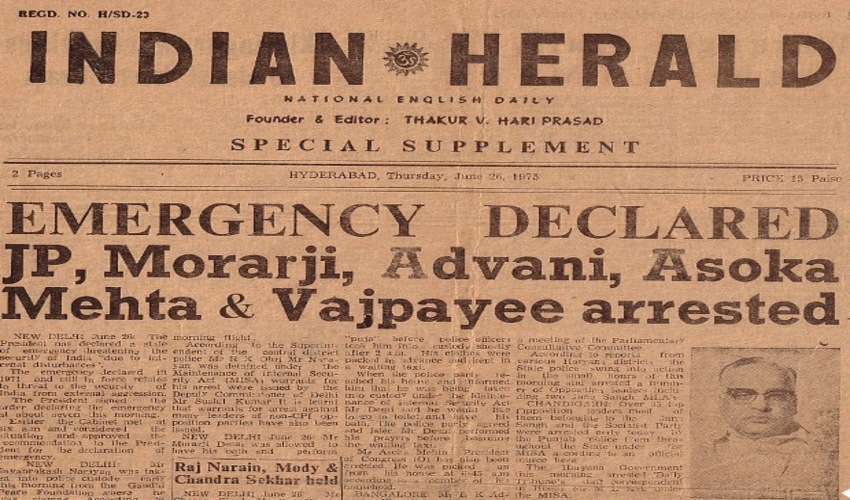
|
1975 |
| The Emergency Package: Shadow Power | |
| 1975 | |

|
1975 |
| The Emergency Package: The Prehistory of Turkman Gate – Population Control | |
| 1977 – 2011 | |
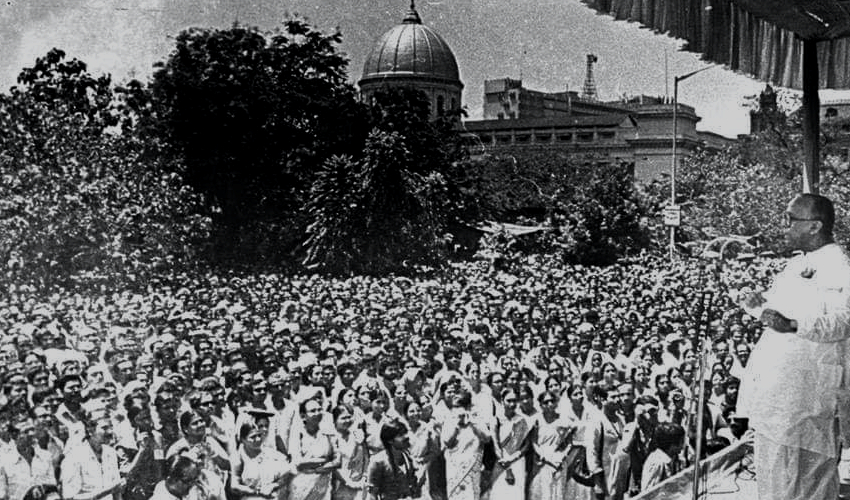
|
1977 – 2011 |
| Power is an Unforgiving Mistress: Lessons from the Decline of the Left in Bengal | |
| 1984 | |
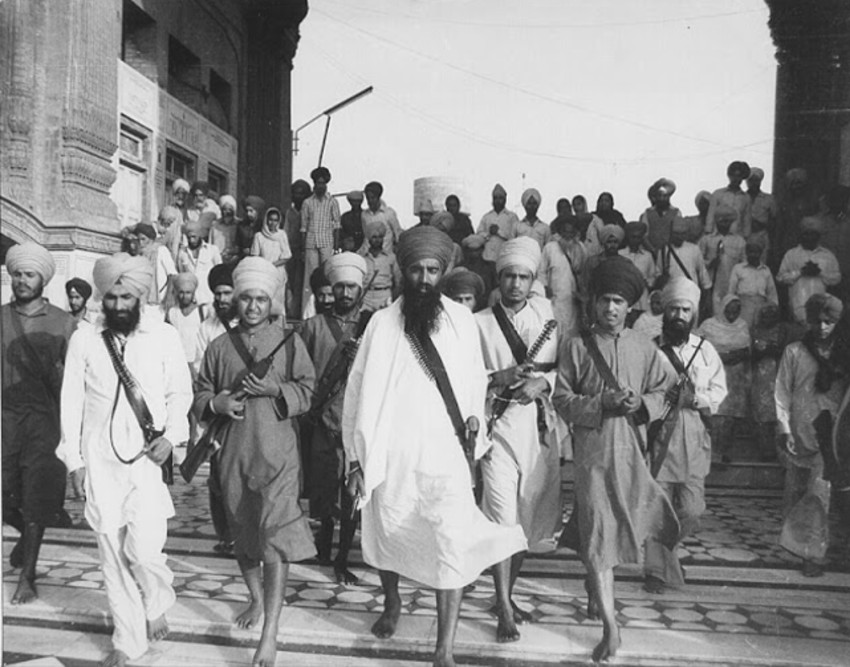
|
1984 |
| Mrs Gandhi’s Final Folly: Operation Blue Star | |
| 1916-2004 | |
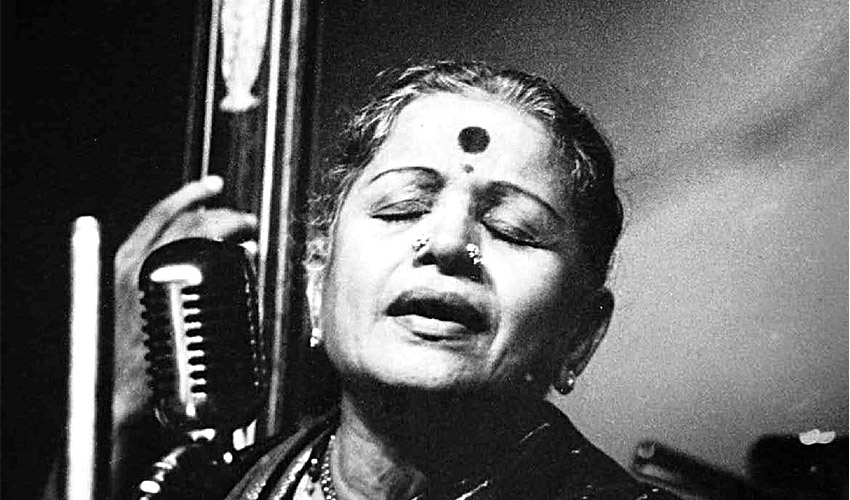
|
1916-2004 |
| Amjad Ali Khan on M.S. Subbulakshmi: “A Glorious Chapter for Indian Classical Music” | |
| 2008 | |
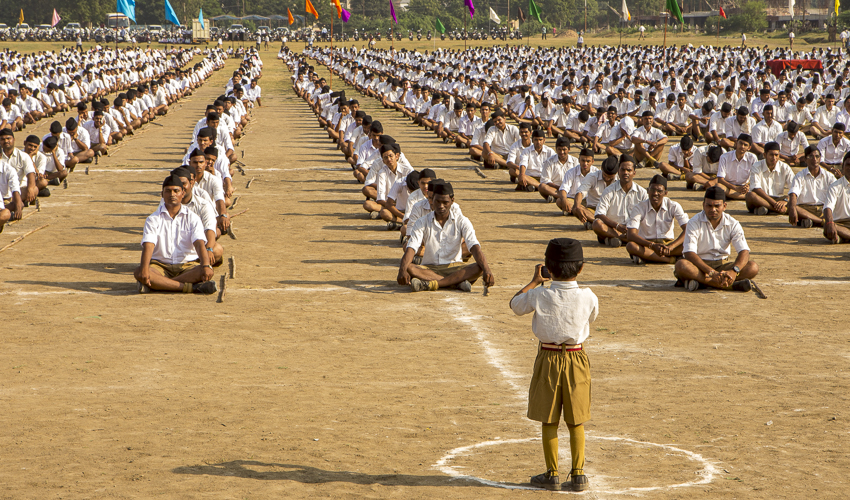
|
2008 |
| Whose History Textbook Is It Anyway? | |
| 2006 - 2009 | |
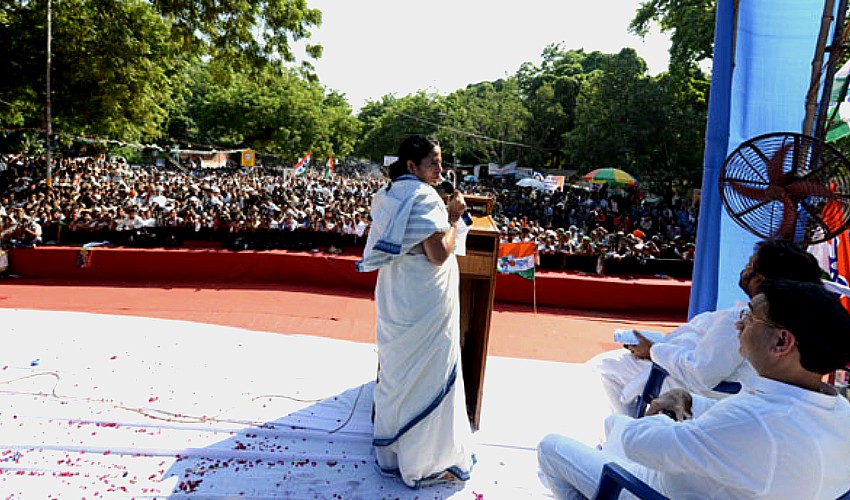
|
2006 - 2009 |
| Singur-Nandigram-Lalgarh: Movements that Remade Mamata Banerjee | |
| 2020 | |
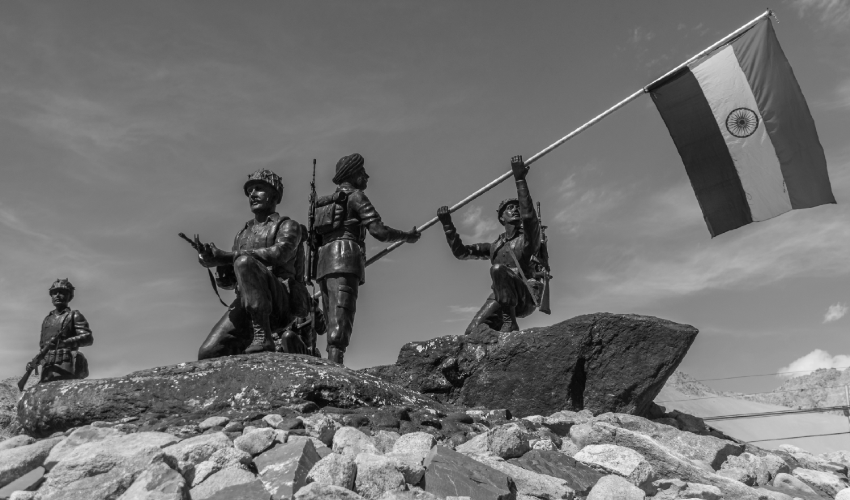
|
2020 |
| The Indo-China Conflict: 10 Books We Need To Read | |
| 2021 | |
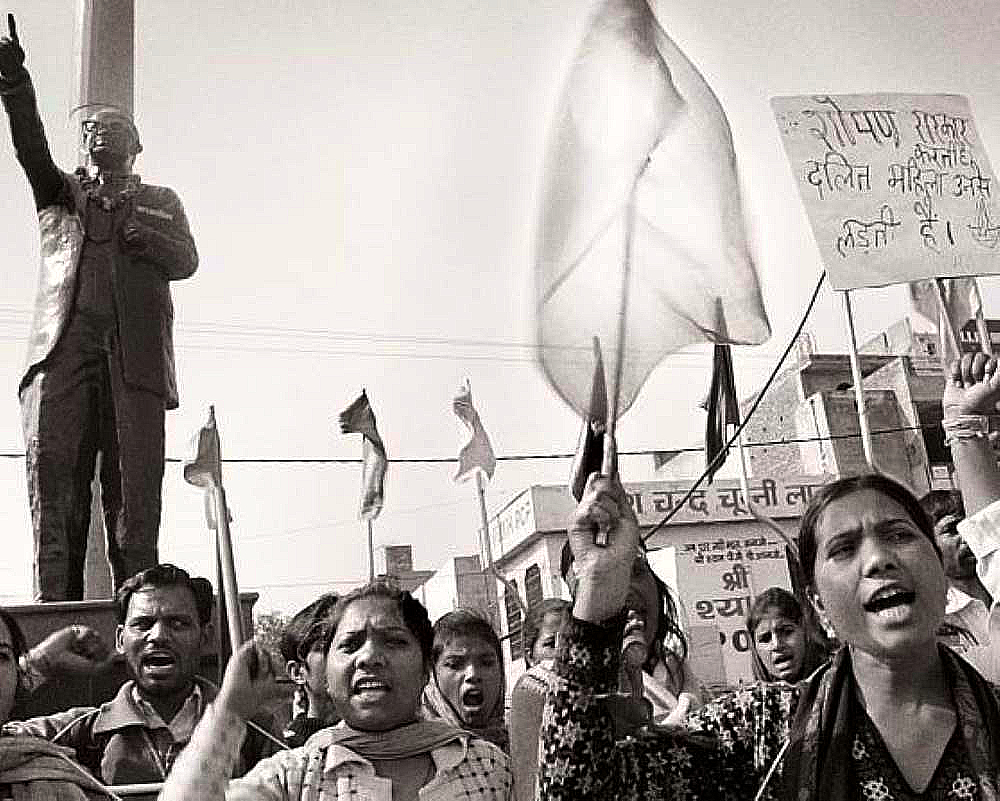
|
2021 |
| Singing/Writing Liberation: Dalit Women’s Narratives | |
Leave a Reply